Dudley Nelson Lapham ’43
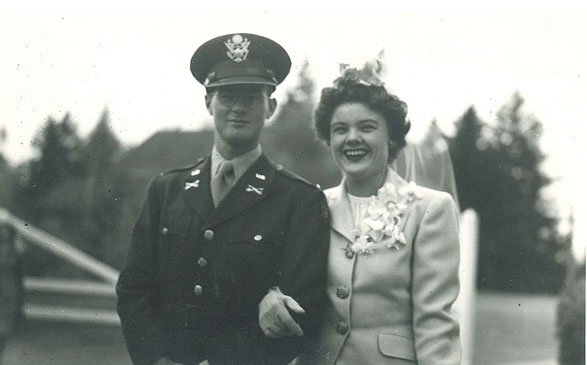
Dudley (Six) Lapham ’43 with Constance Sumner ’43 in 1943 on their wedding day in Portland.
Dudley Nelson Lapham ’43, December 13, 2014, from complications related to old age.
Dudley “Six” was born in Stockett, Montana, to Pearl Beatrice Mann and Ray L. Lapham ’19. Before his first birthday, the family moved to a tiny town called Crane, in the wilds of Eastern Oregon, where Ray ran a school district consisting mainly of the kids from distant sheep farms. One night, in the winter of 1925, Dudley remembers being hauled out of bed and deposited into the front seat of the family’s Model T, while his mother was helped into the back. His dad cajoled and scolded his four-year-old son to advance throttle and retard spark levers while he spun the crank on the outside. They bumped their way for 30 miles through a blustery January night on the high plateaus to the nearest doctor’s house in the town of Burns where Dudley’s little sister Rosemary (Lapham Berleman ’48) was born.
The next stop for the family was in Walla Walla, Washington, where Dudley’s dad taught English literature at Whitman College. The Great Depression meant that more often than not, there were promissory notes from Whitman rather than paychecks. But the two Lapham kids were resilient. Rosie remembers Dudley delivering telegrams to the penitentiary, picking huckleberries, mowing lawns, pulling weeds, and selling newspapers, with plenty of time to play baseball and goof around with her.
The family later moved to Portland, where Dudley played football in high school, acquiring a jersey with a big yellow “6” on it. This he wore up into the Mount Jefferson wilderness on a camping trip with fellow freshmen Reedies, and thereby earned the nickname that would stick to him for the rest of his life. Six went to Reed as a daydodger, earning his tuition with a paper route and various campus chores. He stashed his lunch in one of the window seats in Winch each day. Favorite professors included F.L. Griffin [mathematics 1911–56] and Lloyd Reynolds [English & art 1929–69], both of whom, he later observed, “could have taught those Pomona professors a thing or two.”
World War II interrupted his and everyone else’s time at Reed. Along with many fellow students, he enlisted the day after Pearl Harbor was bombed, becoming a second army lieutenant by the end of his service. He and Constance Sumner ’43 married in 1943 at All Saints Episcopal church on Woodstock Boulevard. She worked as a switchboard operator at Reed in 1945–46. They lived in Georgia, where he was stationed, and traveled back to Portland with Fishy the cat, whom they had adopted. Connie and his frequent asthma attacks persuaded him to try California weather over the Pacific Northwest and he went back to college, earning a BA from Pomona College in political science in 1947.
Six went into city administration, helping to run many California municipalities, and always making sure their libraries were in better shape than when he had arrived. Along the way, he and Connie had two children, Roseamber and Roger, and every summer, he would pack the whole family up and head north for the mountains and the rivers and the trees. He made sure everyone knew how to handle a gold pan and a fishing pole. Quoting a poem he penned for a writer’s group he formed in his ’80s, “Raised a son and daughter as proper card-carrying Greenies.”
After his last city manager job in Seaside, California, he worked part time for the federal government helping to clean up Monterey Bay. During this time he participated in an innovative program for irrigating the extensive artichoke fields near Castroville with treated sewage. He enjoyed this job, as instead of being under the supervision of city councils, he was now in a position to bring about change by mandating to the cities what was expected of them from the federal laws governing environmental clean up. Six gleefully observed, “After all the years of s . . . t I took from elected city officials, now I get to tell them how to deal with it.”
He also loved his volunteer work at the Monterey Bay Aquarium, where he trained to be a docent and led schoolchildren on tours. He often rode his bike there, down Cannery Row with its memories of Doc Ricketts and John Steinbeck. Both he and Connie relished living in this area, steeped in arts and literature, as well as the beauty of the Big Sur coastline. They were involved in gardening and wrote articles for the local paper. They corresponded with gardeners in Europe as well, comparing rose and fuchsia varieties. They tore out every inch of grassy lawn on their property and replaced it with roses, succulents and other native flowers. Six would volunteer as campground host for a different state park each season so he could continue to get his hit of the outdoors.
After Connie suffered a series of strokes in 1990, they returned to the Pacific Northwest, living in Marysville, Friday Harbor, and Stanwood; wherever the nursing homes seemed best suited to Connie’s needs. Six was a tireless companion during those years, foregoing his beloved camping trips, but taking Connie out on long car rambles every day. She died in June 2001; they had been happily married for 58 years. Despite Connie’s decline, their marriage had that quality of an ongoing fascinating conversation, interrupted occasionally by life’s events, but always picked up again as soon as they were reunited. The beginning of that lively exchange started at Reed.
Six continued to give life all he could, starting writing groups wherever he lived, meeting new friends, endearing himself by his kindness and wit. He was always willing to listen and think about whatever was important to those around him. Getting out into the woods was a continuing joy. He would have friendly competitions as to who could pick the best and most beautiful place to have a picnic. He discovered yoga in his last decade. He moved to an adult family home on Lopez Island in 2009. There he rapidly became part of the community, getting out every day he could to take a walk, where he would run into others and make friends. He inspired people with his spunk and willingness, his readiness always to get the joke, to see the other side, to find the grain of truth and beauty in all situations. He loved the young people, many of whom would visit the hamlet where he lived, to play music, do interviews for school, or do chores for community service. He wanted to know what they were interested in, “what made them tick” and he was never so happy as when exchanging ideas with others.
His last vacation off island was to visit his beloved Reed campus during its gala centennial celebration. He gamely walked all over campus, with his O.R.G.Y. button prominently displayed, attending as many events as possible, despite needing a walker and an oxygen tank to do it. Commons was out of commission that year, and meals were served in the gym, upstairs. Six was game, starting out early from his room in MacNaughton, and wending his way toward the gym in his signature tan Dockers with striped suspenders, a ball cap on his head, looking for Reedies to visit and share with. In the evenings, there were quite a few cocktail hours with old and new friends in his tiny dorm room, ringing with laughter as topics were bandied about in time honored Reed tradition. (A favorite quote from Pogo: “Don’t take life so serious, son. It ain’t nohow permanent.”)
Six’s room on Lopez Island boasted the framed centennial Reed poster and an old black and white photo of downtown Portland, circa 1928. He died peacefully, with the look of a man well content with life, despite its vagaries and imperfections. He loved his life, and he was well loved by his family and community. He is survived by his daughter, Roseamber Rain Sumner ’73, who composed this memorial, and his son, Roger; three grandchildren, Andrew, Kiba, and Madrona Sumner Murphy ’02; and one great-granddaughter, Manhattan. Memorial donations may be made to Reed College.
Appeared in Reed magazine: June 2015
comments powered by DisqusFrom the Archives: The Lives they Led
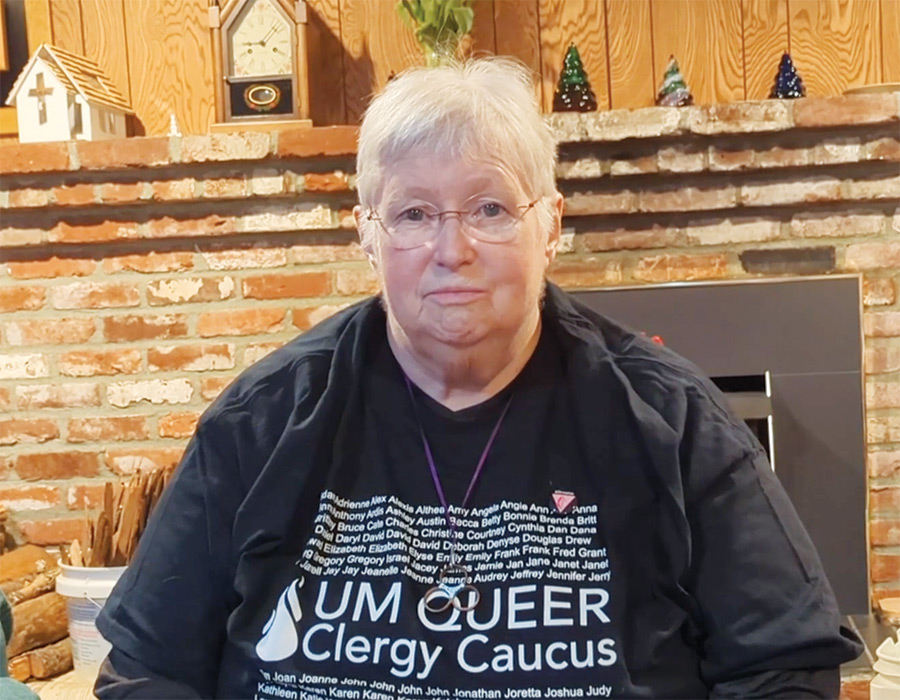
Jeanne Knepper ’69
The First Openly Gay Woman to Be Ordained and Appointed Within the Oregon-Idaho Conference of the United Methodist Church
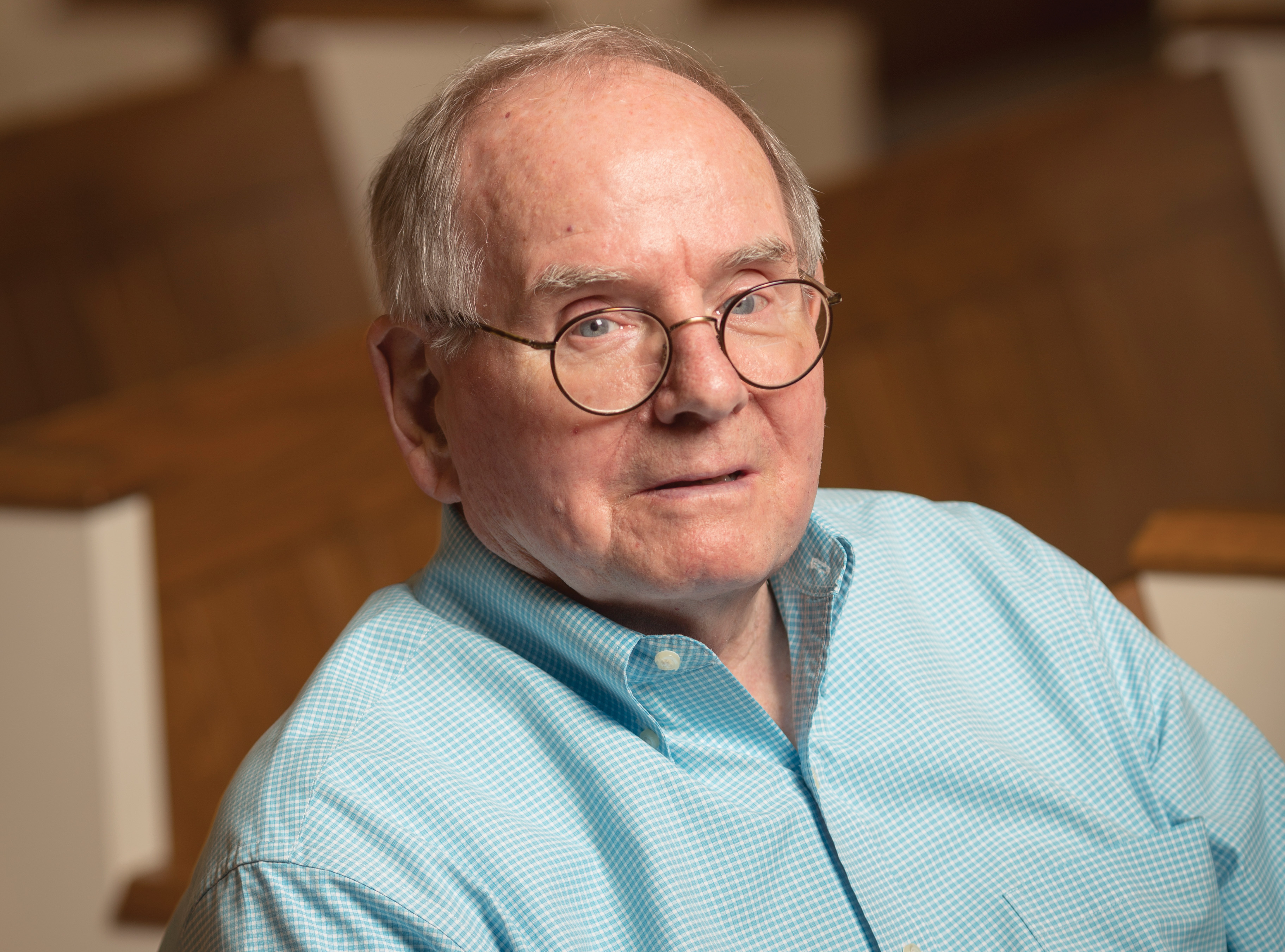
William Haden
As Acting President of Reed, He Strengthened the College's Finances and Alumni Relations
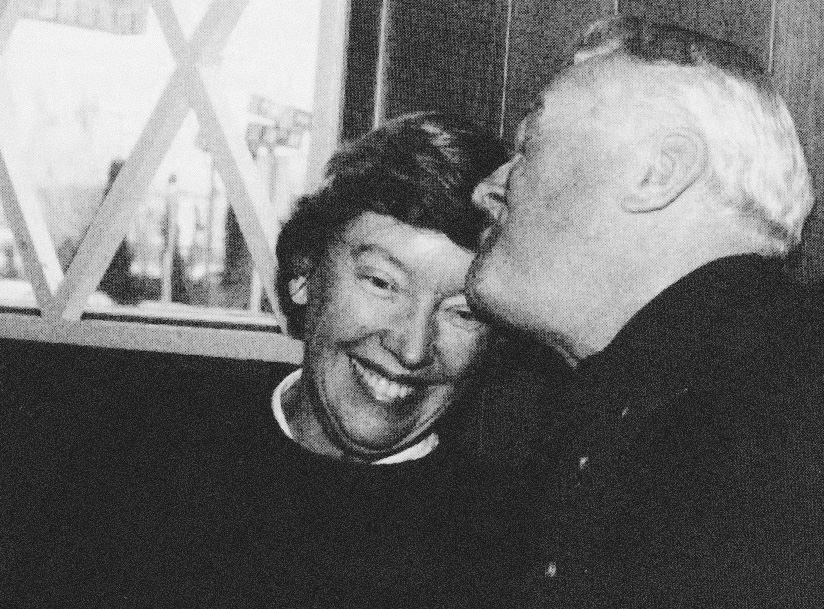
Nancy Horton Bragdon
Reed’s First Lady Whose Warmth and Leadership Were Invaluable During a Turbulent Time

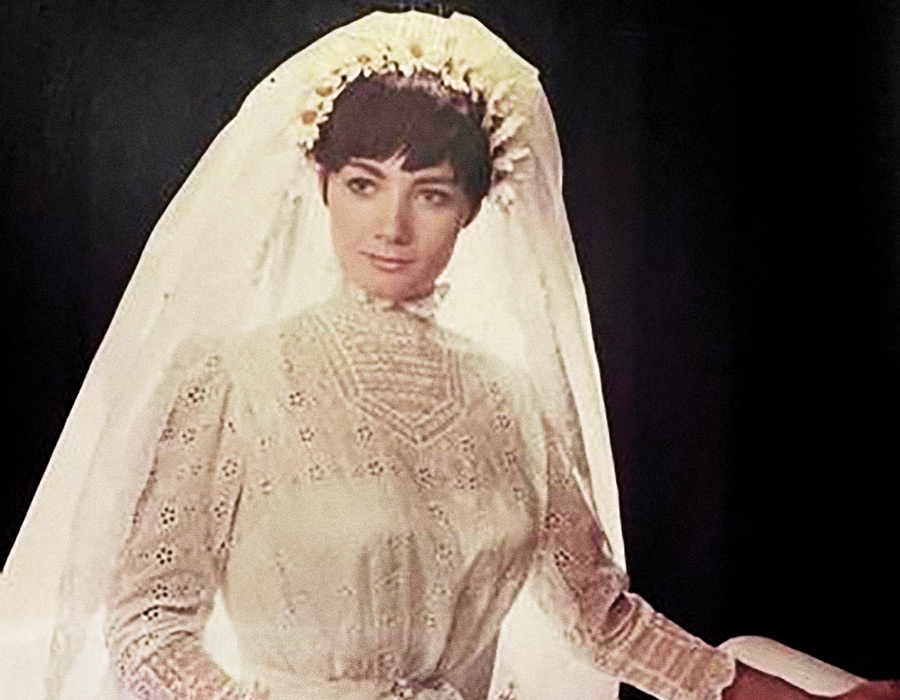
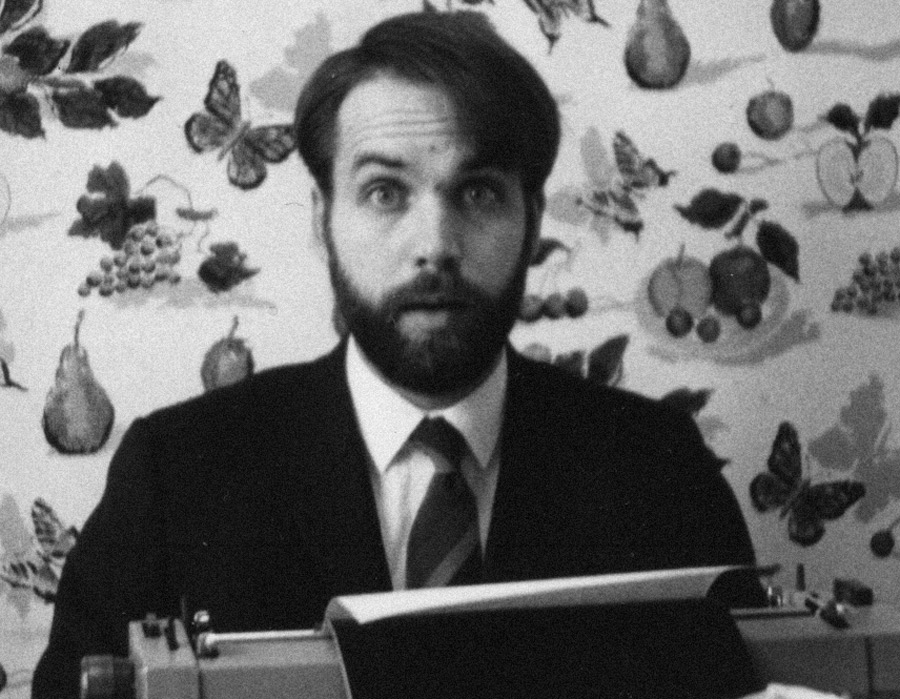
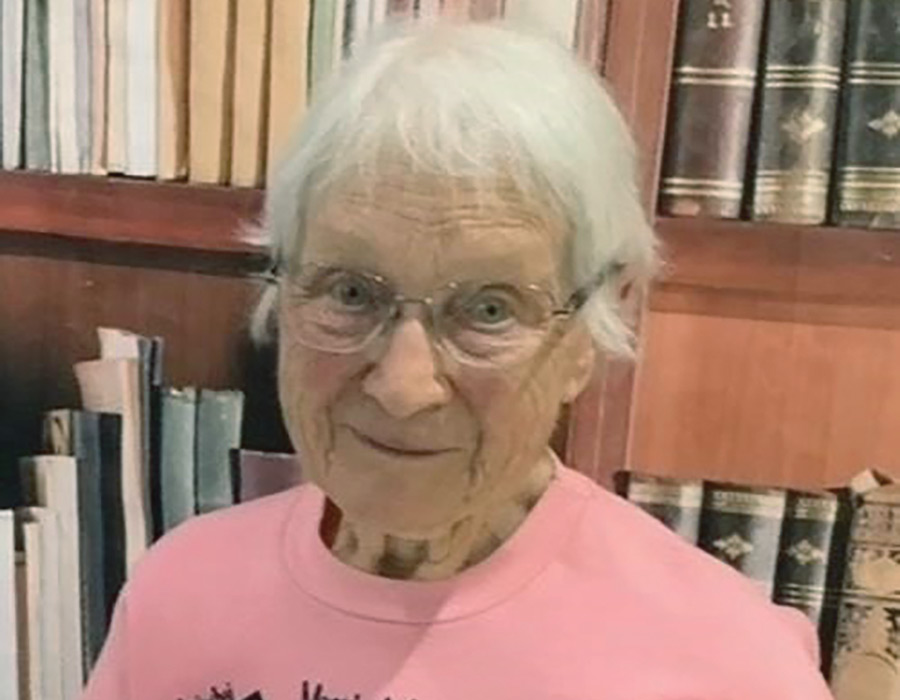
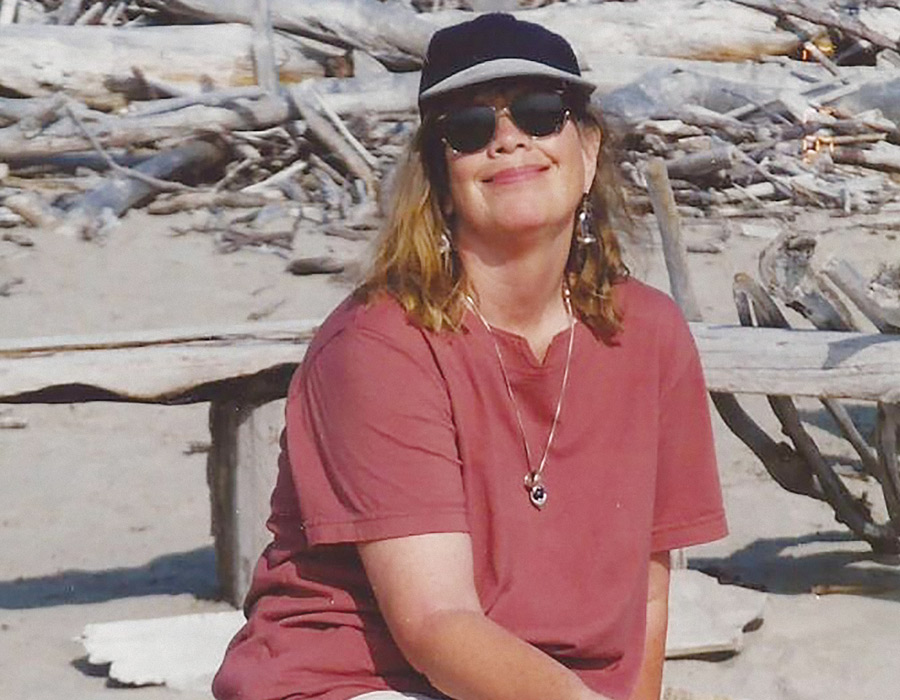
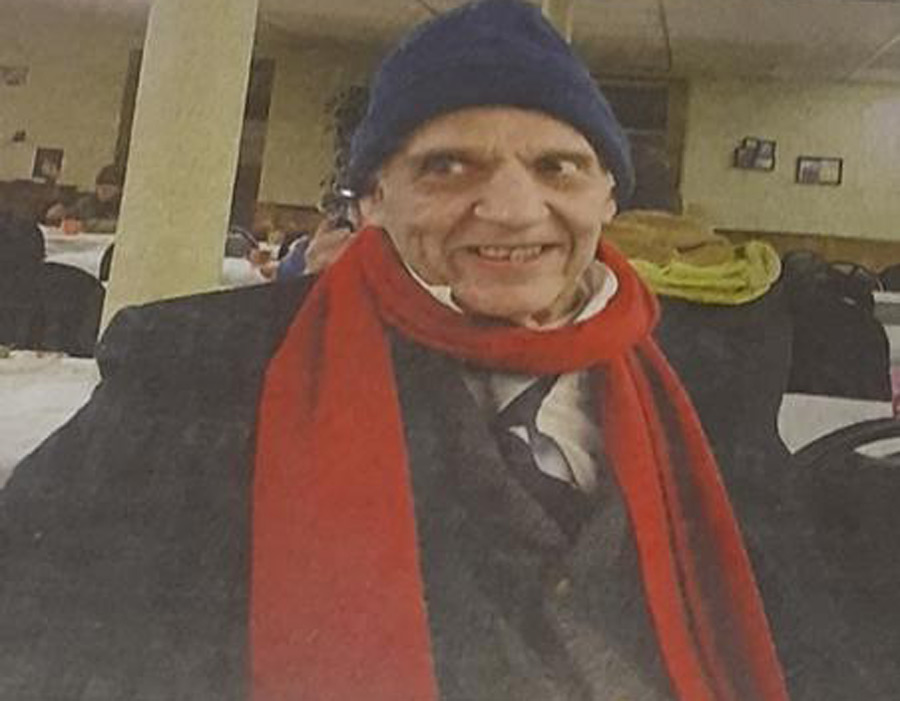
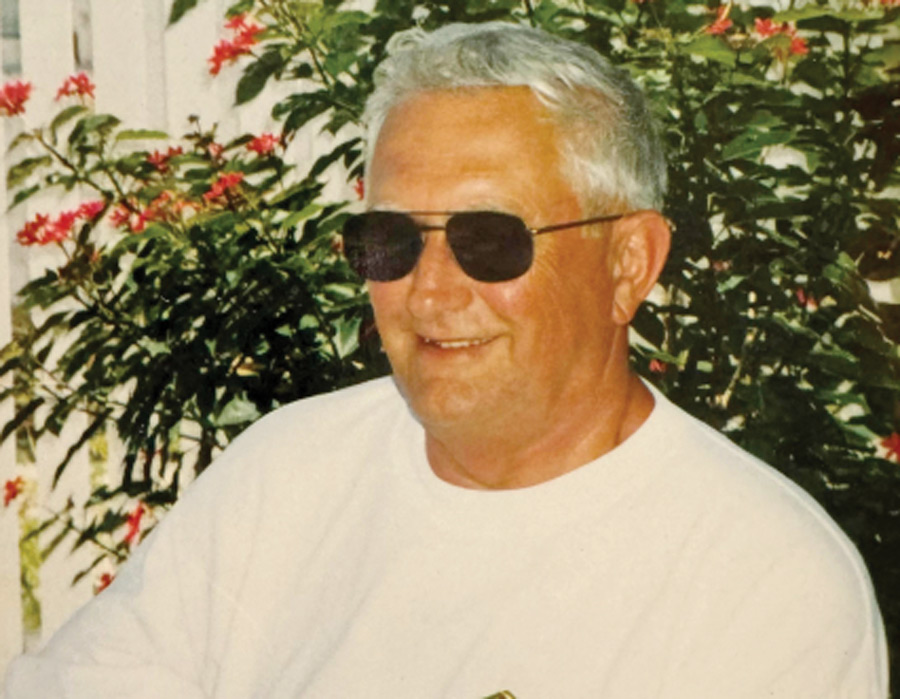
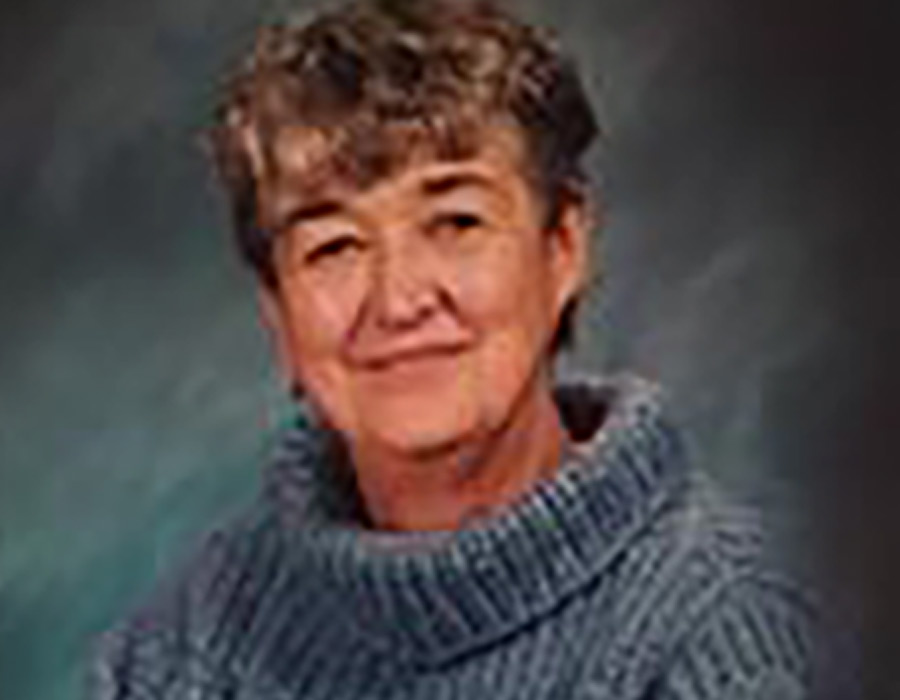
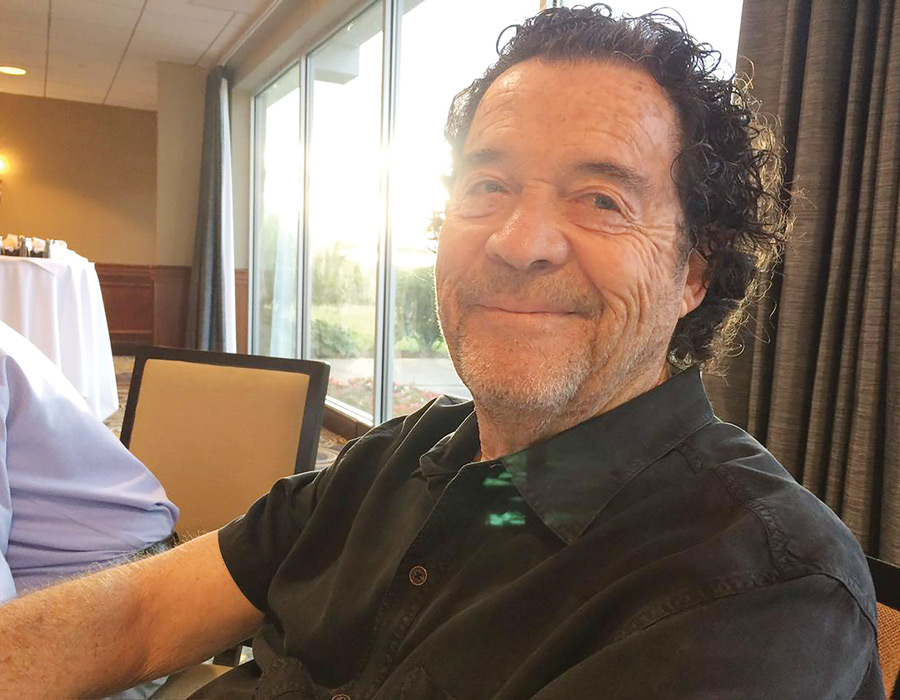
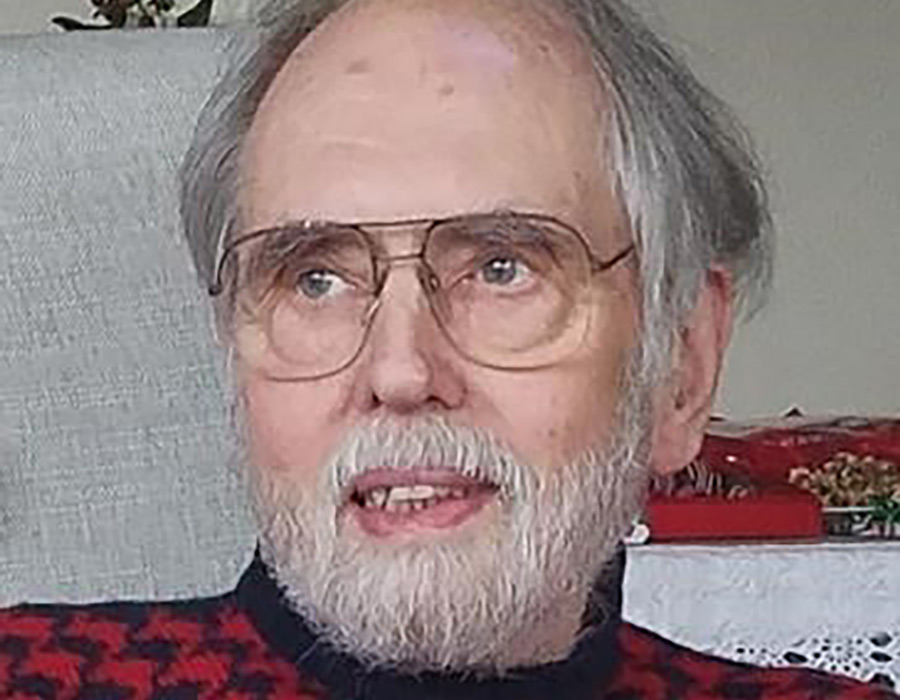
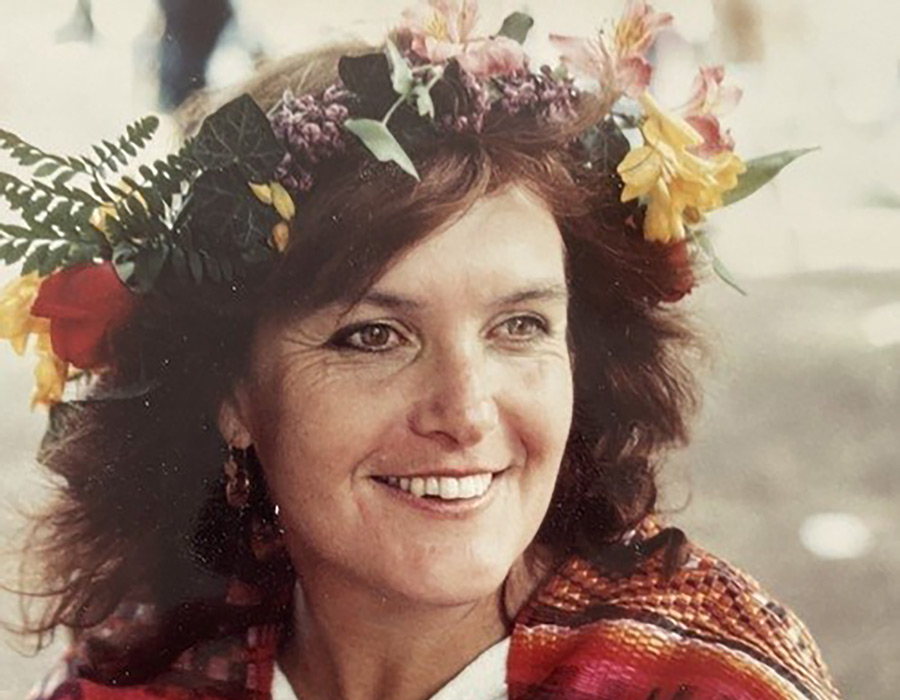
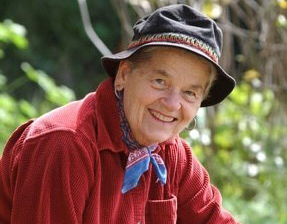
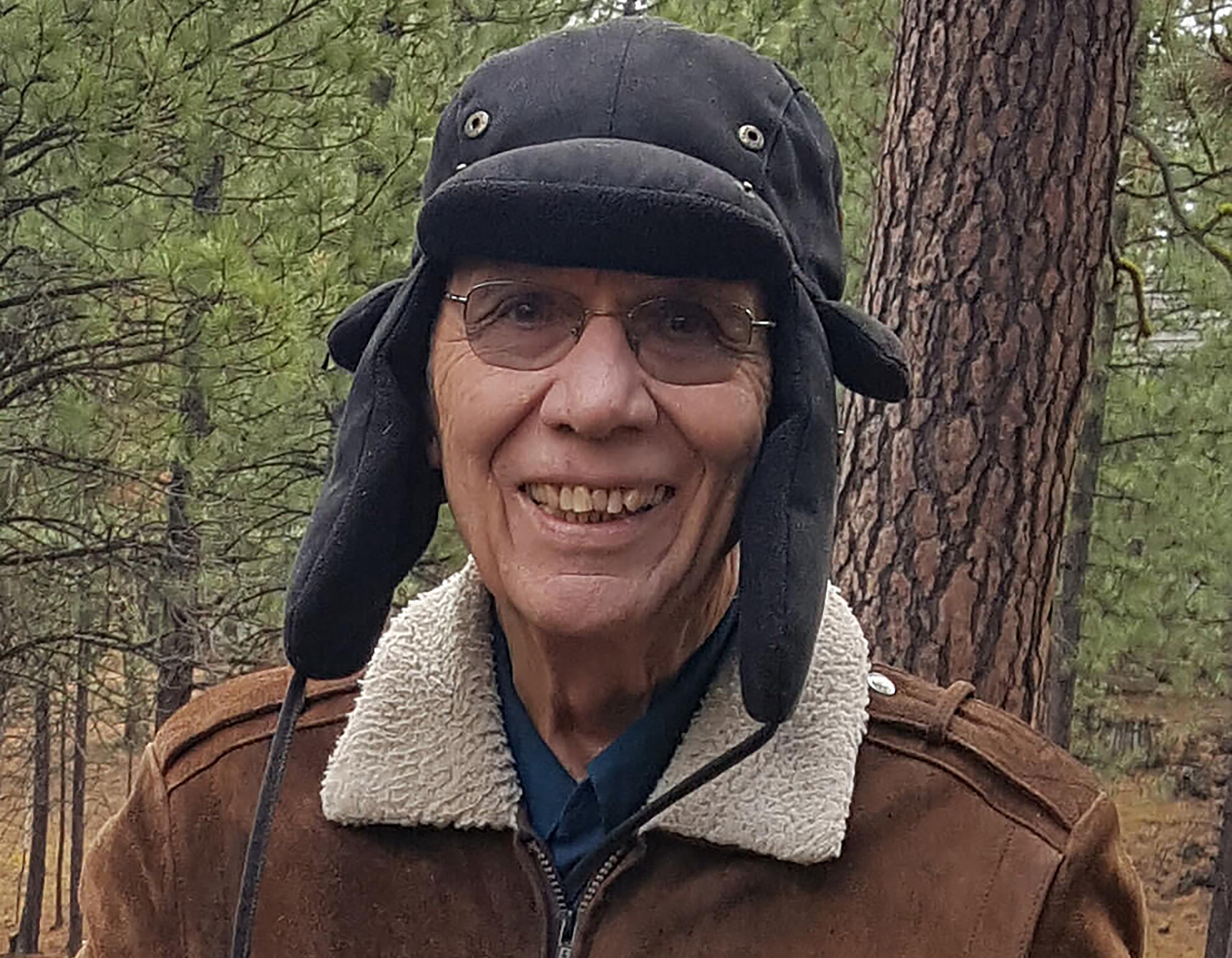
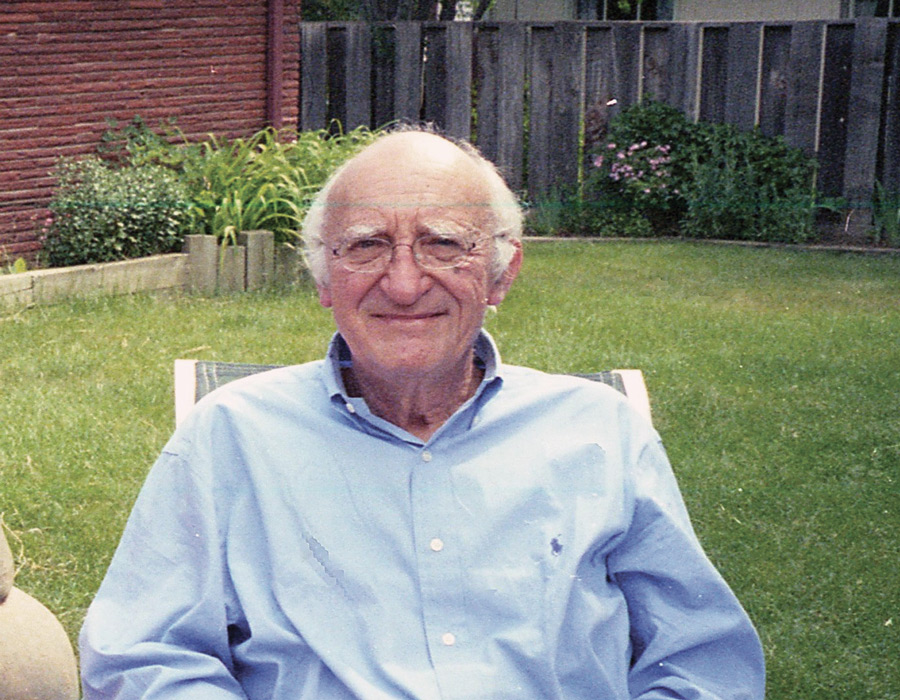
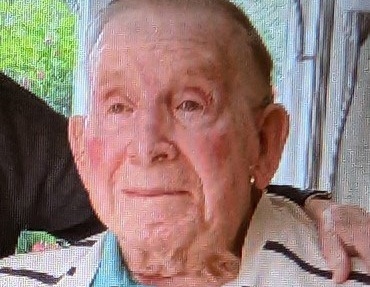
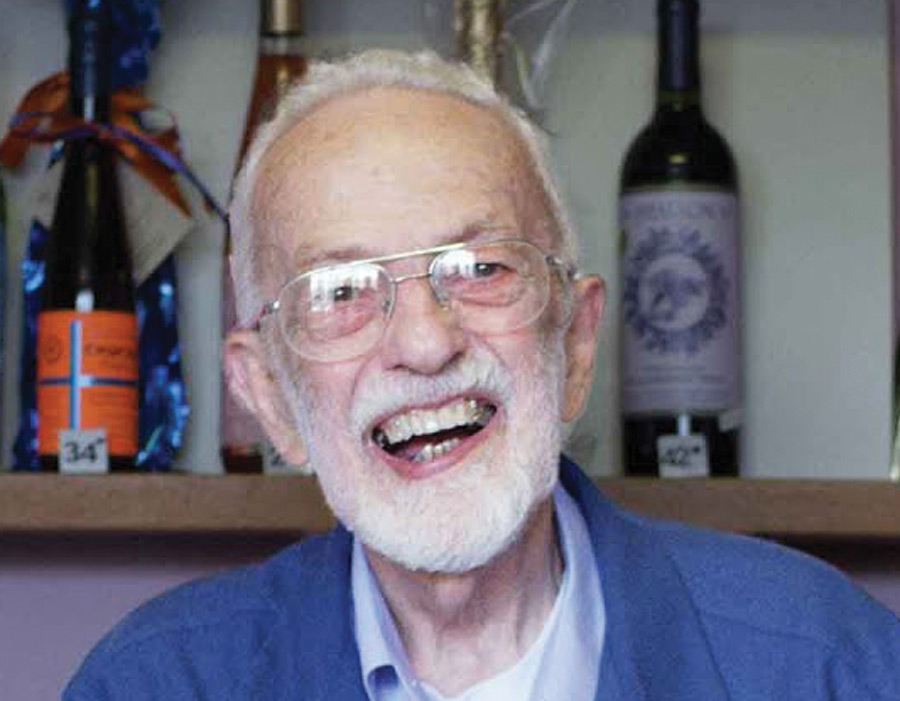
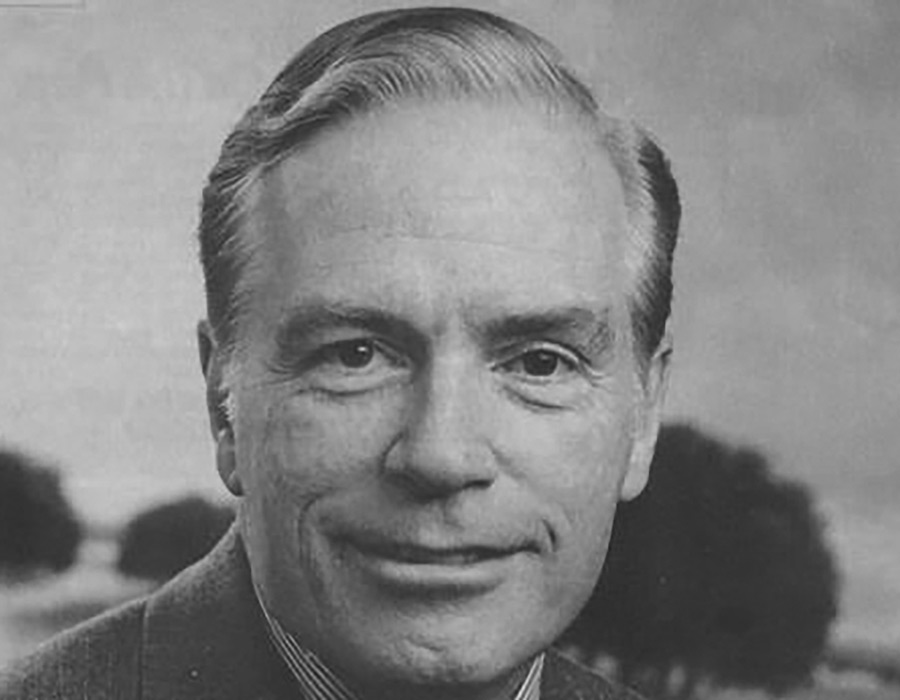
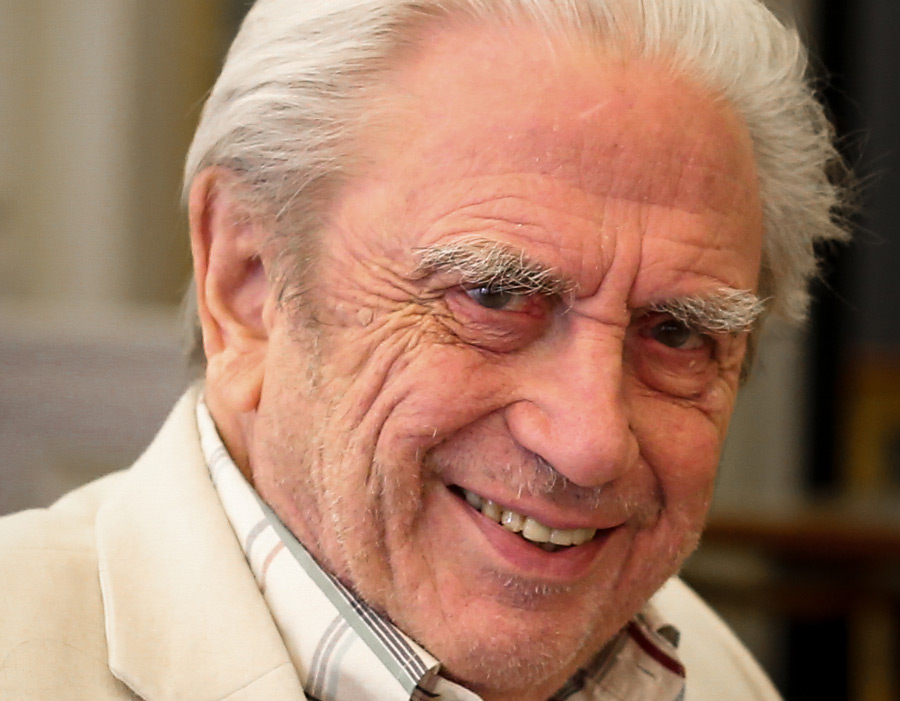
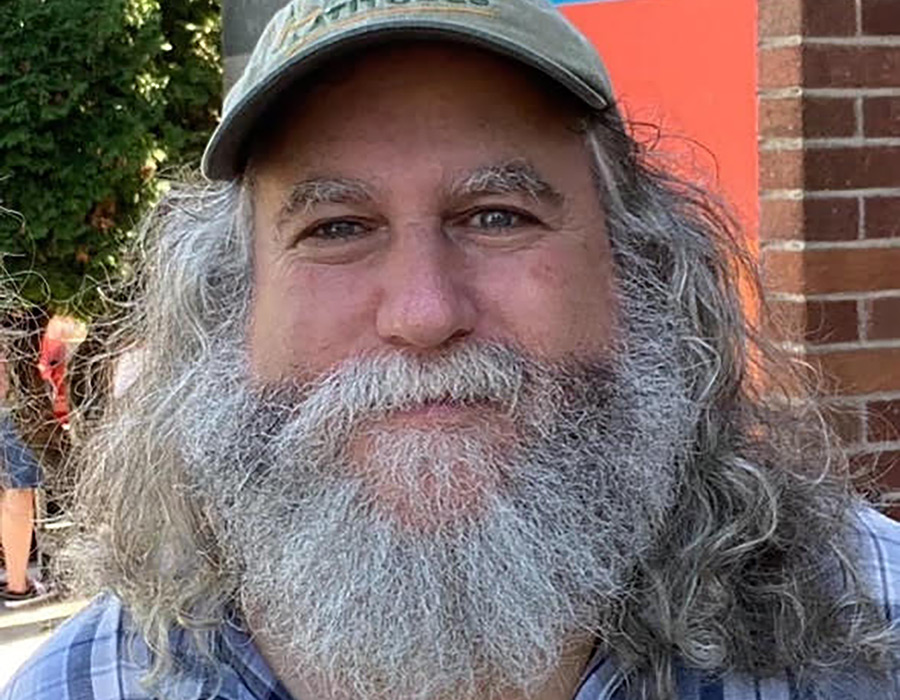

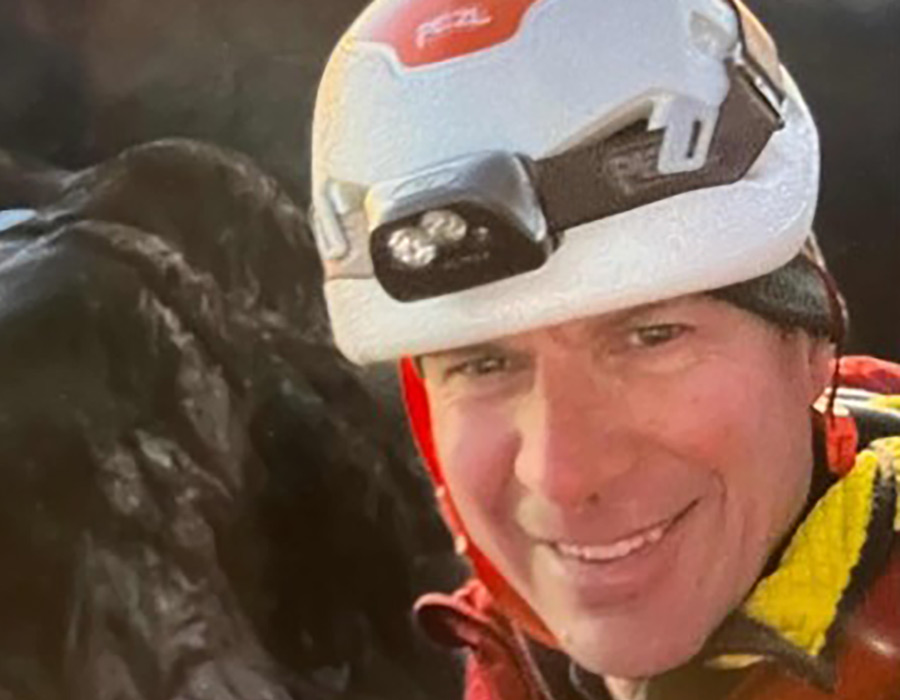
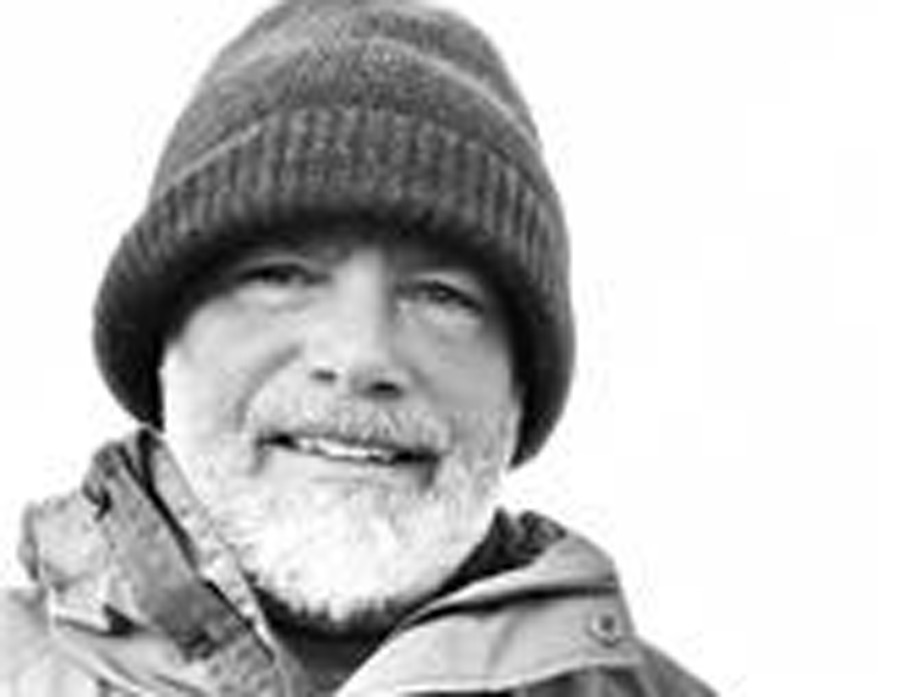
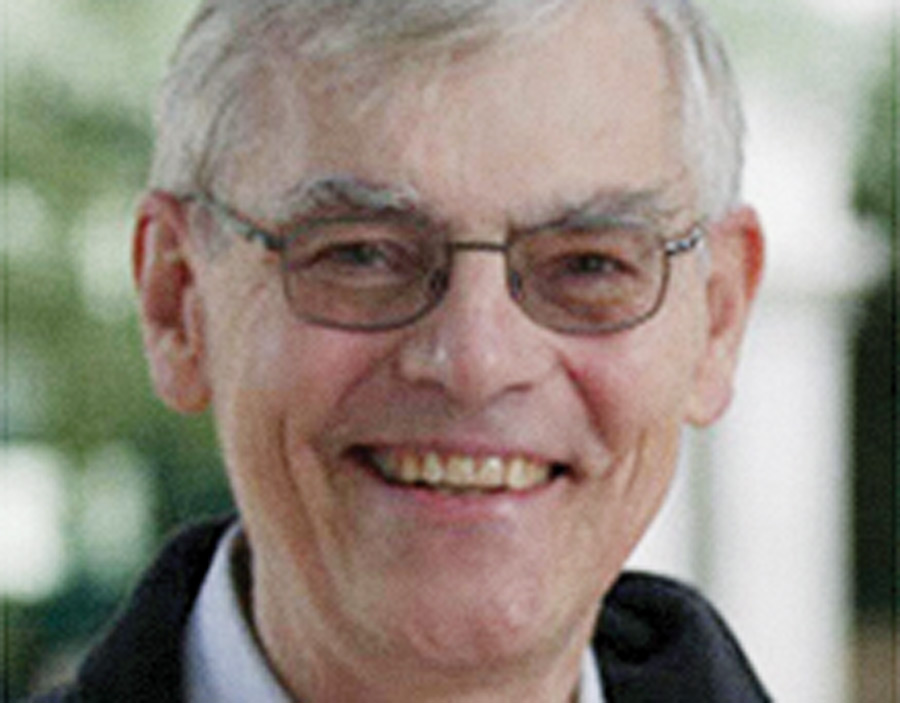
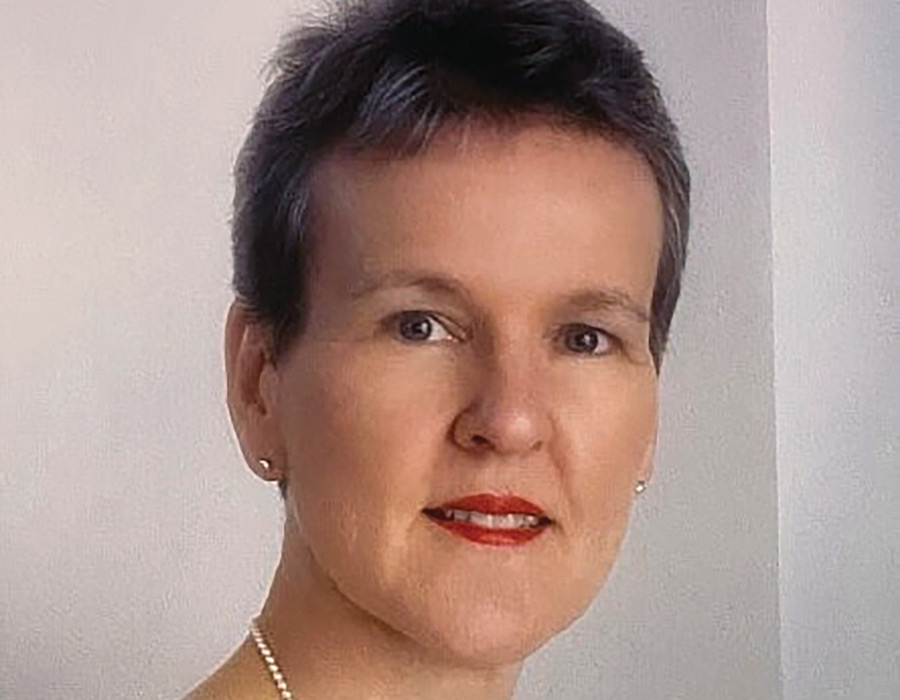
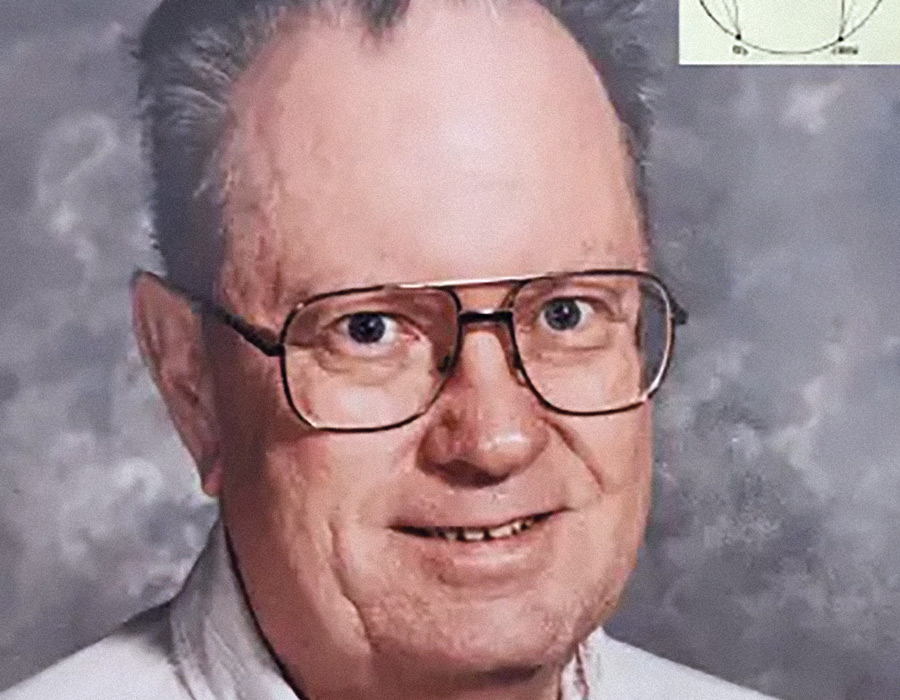
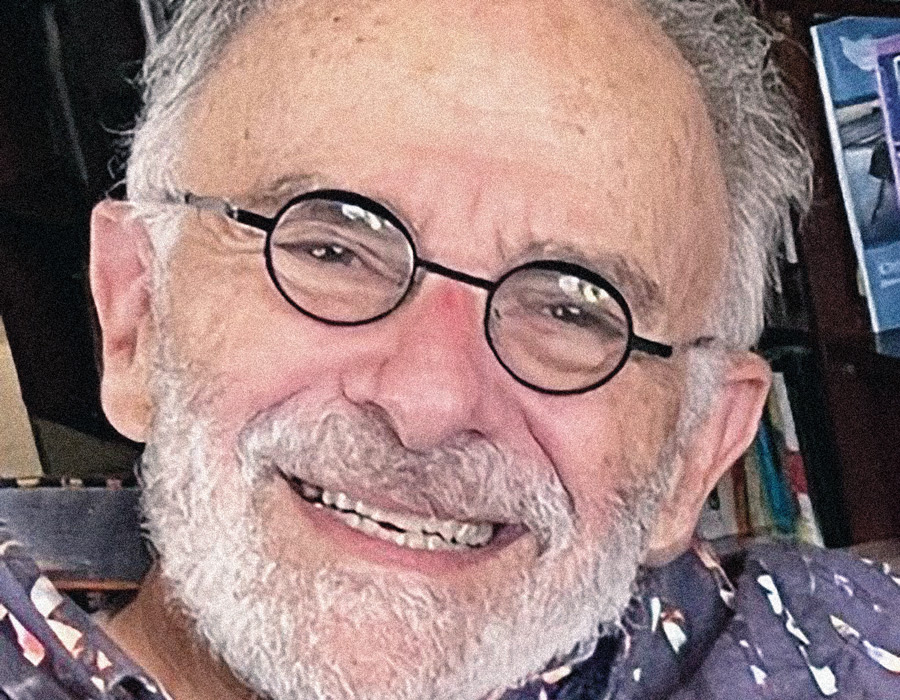
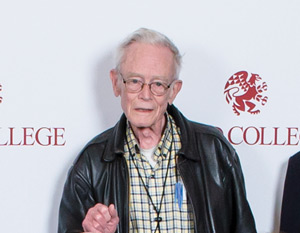
![Photo of Prof. Laurens Ruben [biology 1955–92]](https://www.reed.edu/reed-magazine/in-memoriam/assets/images/Larry-Ruben-copy.jpg)
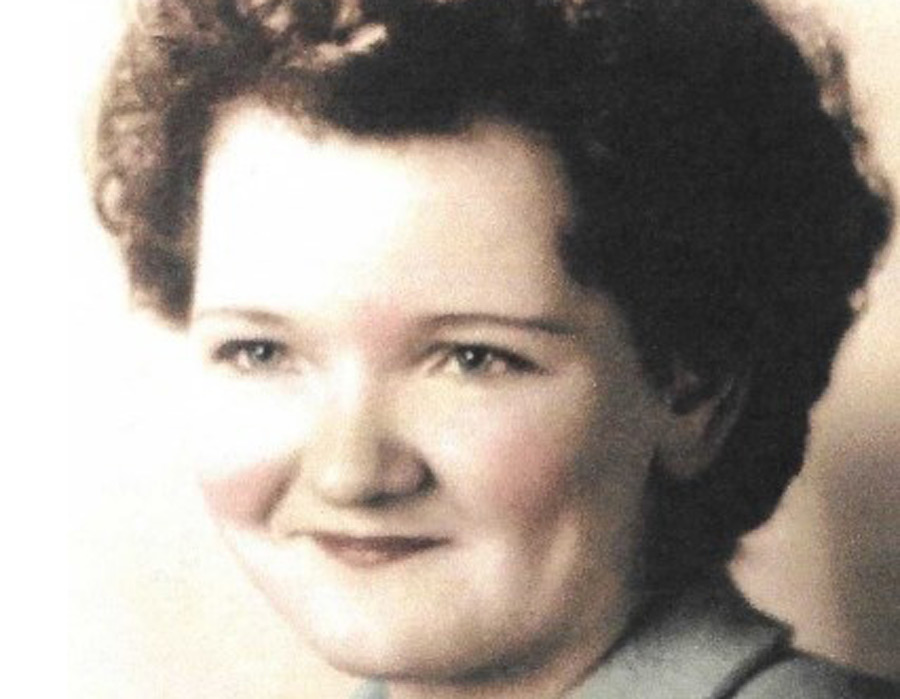
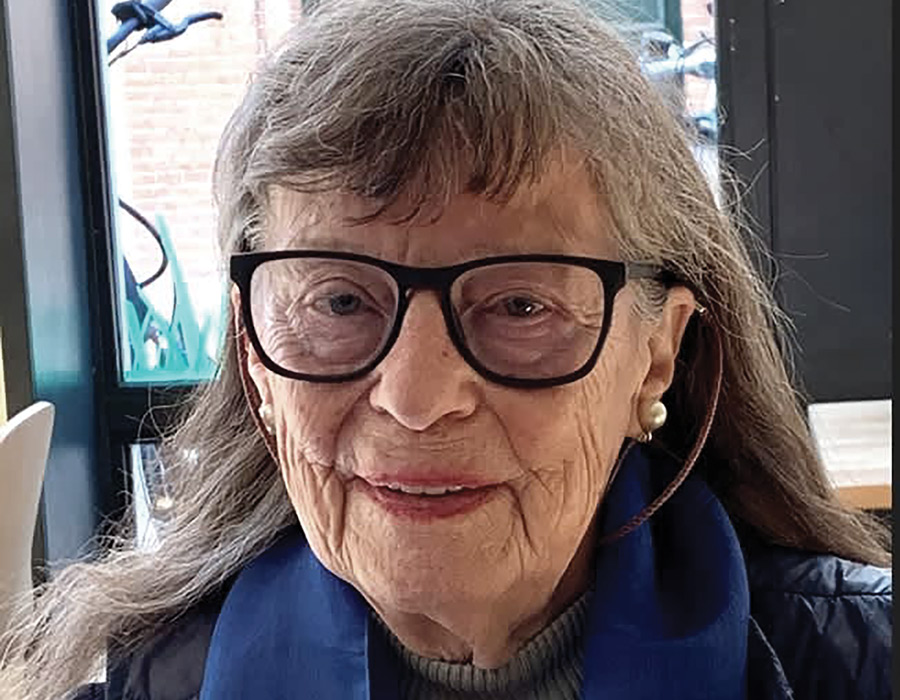
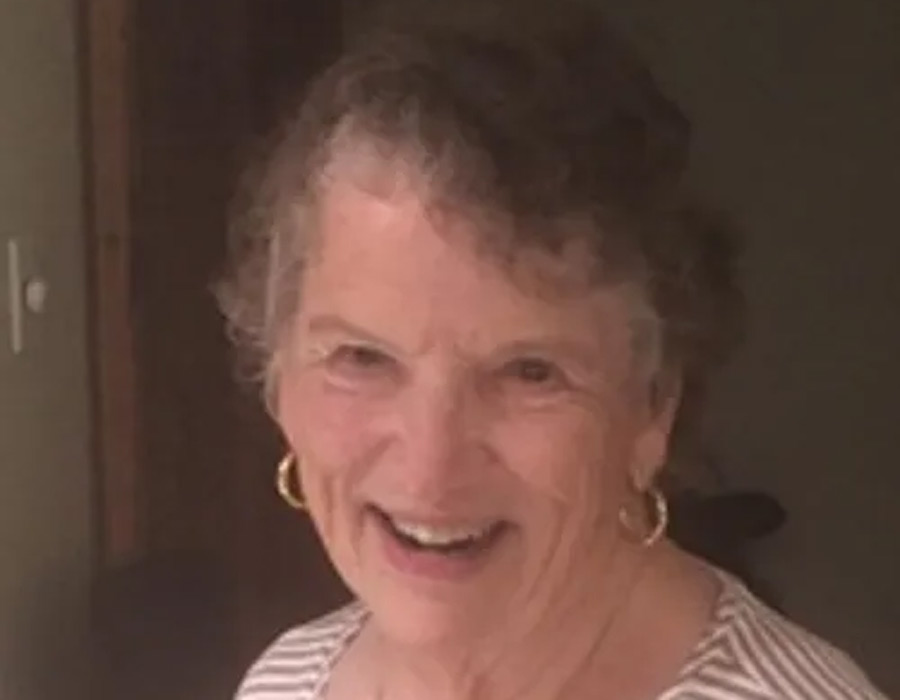
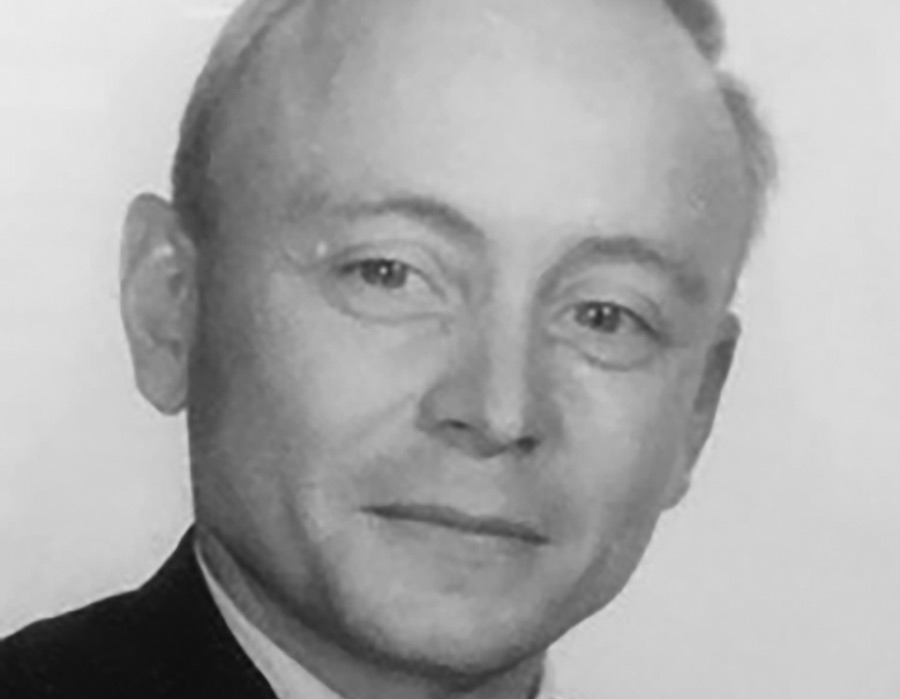
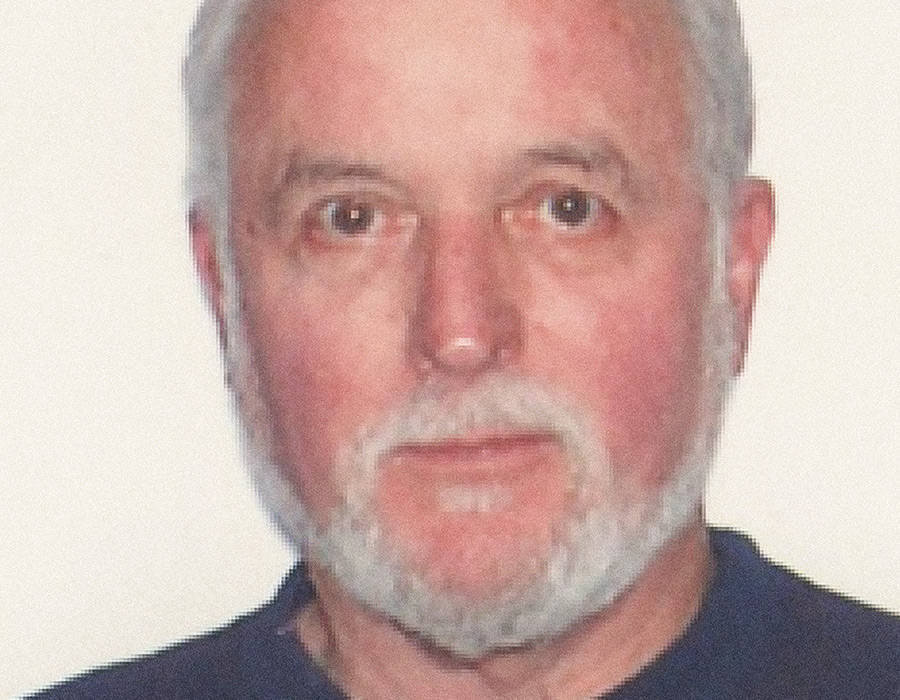
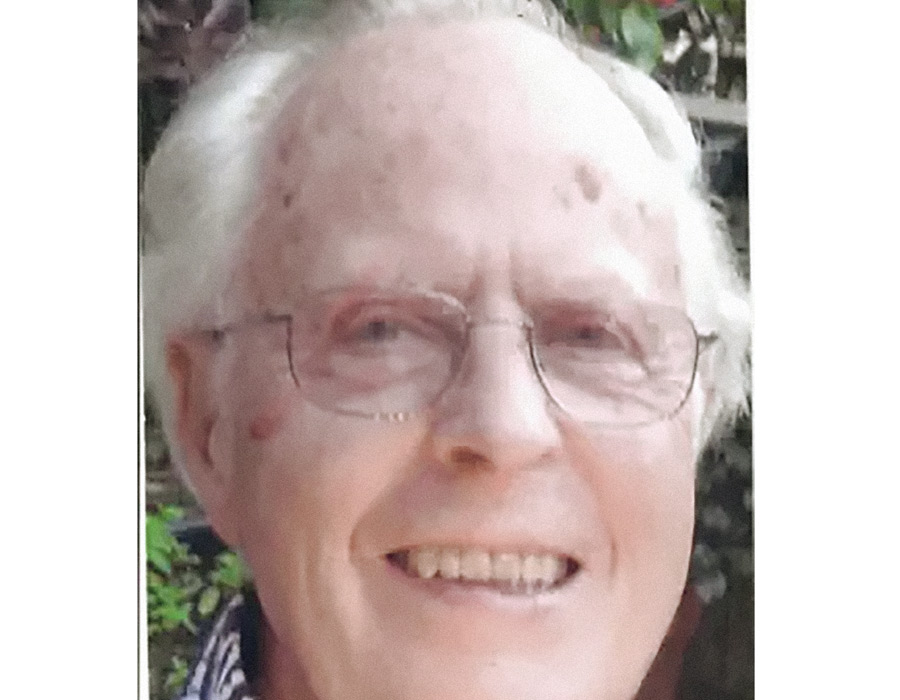
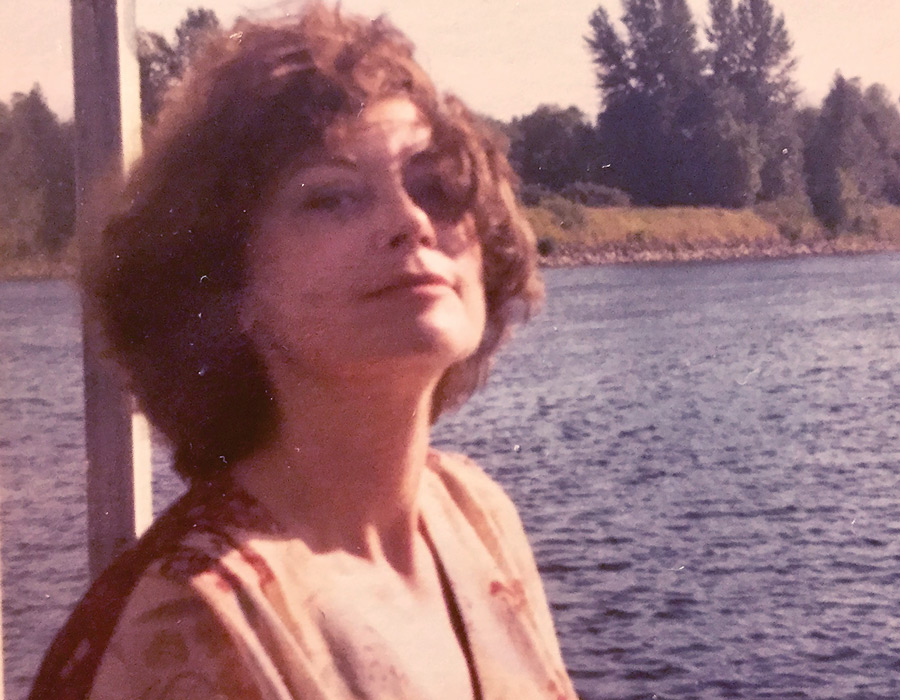
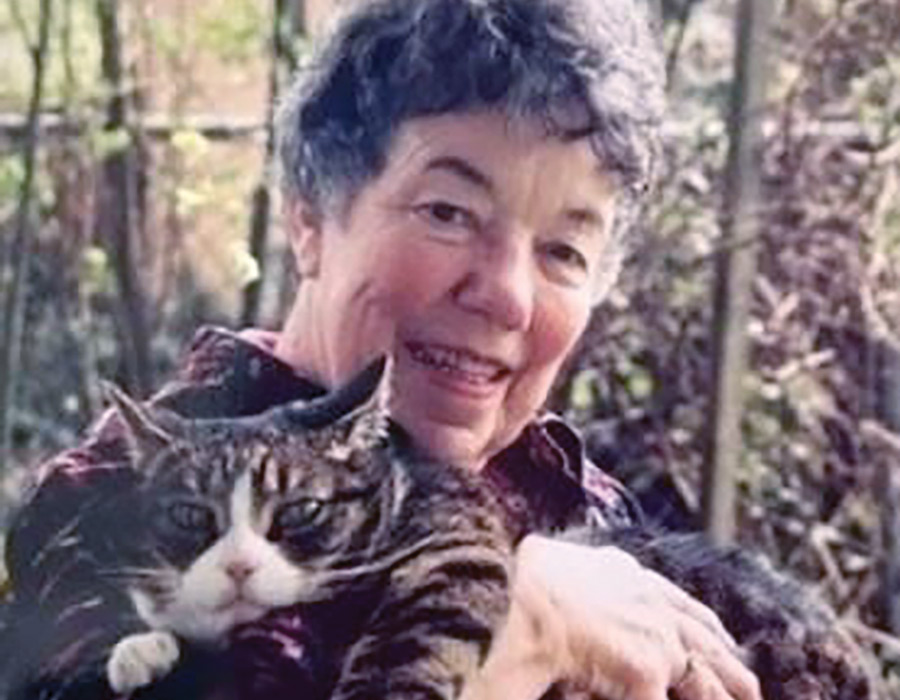
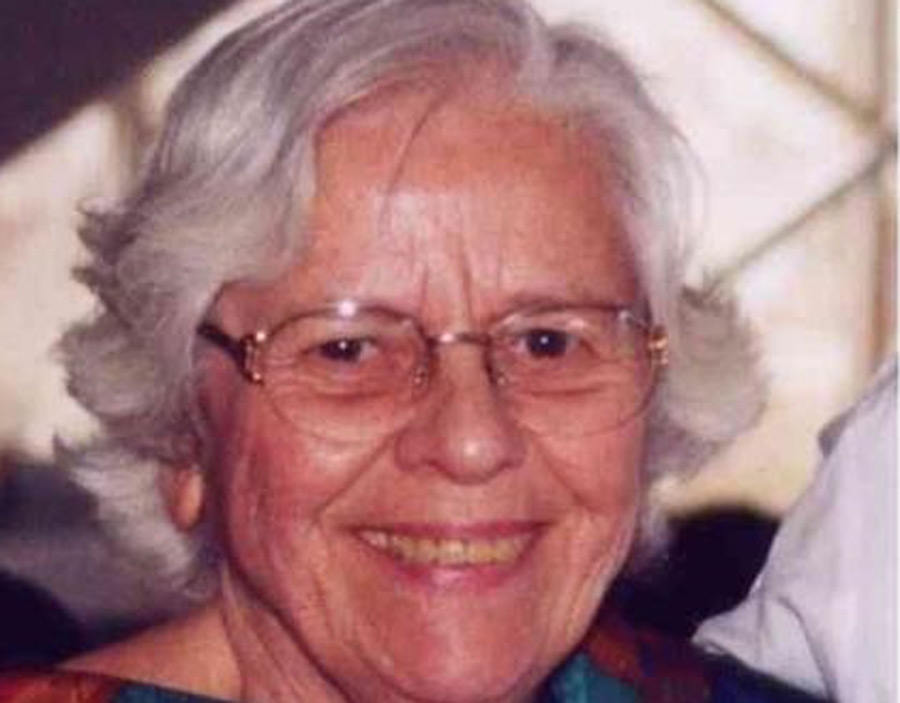
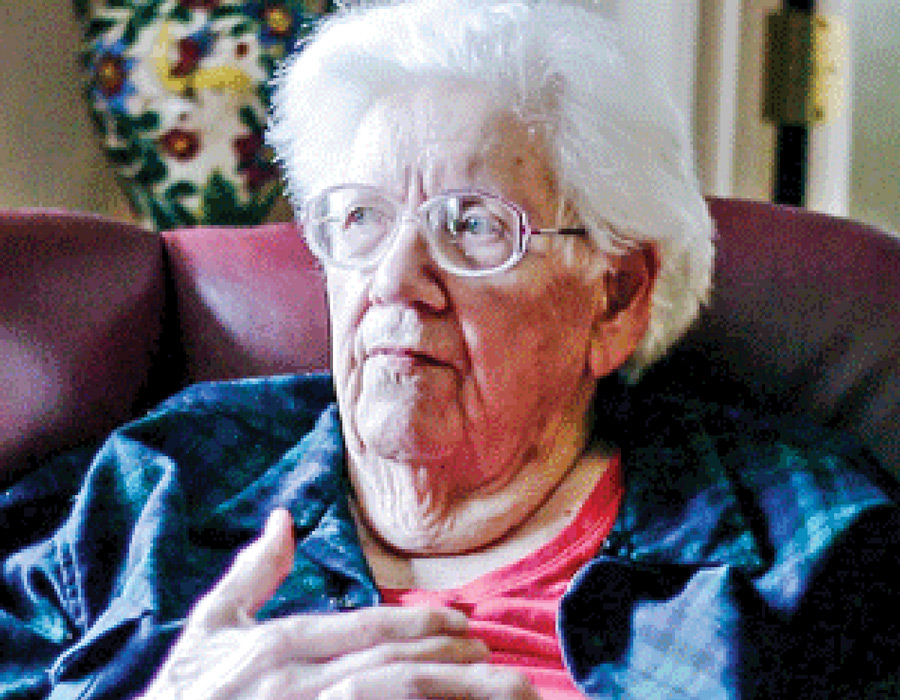
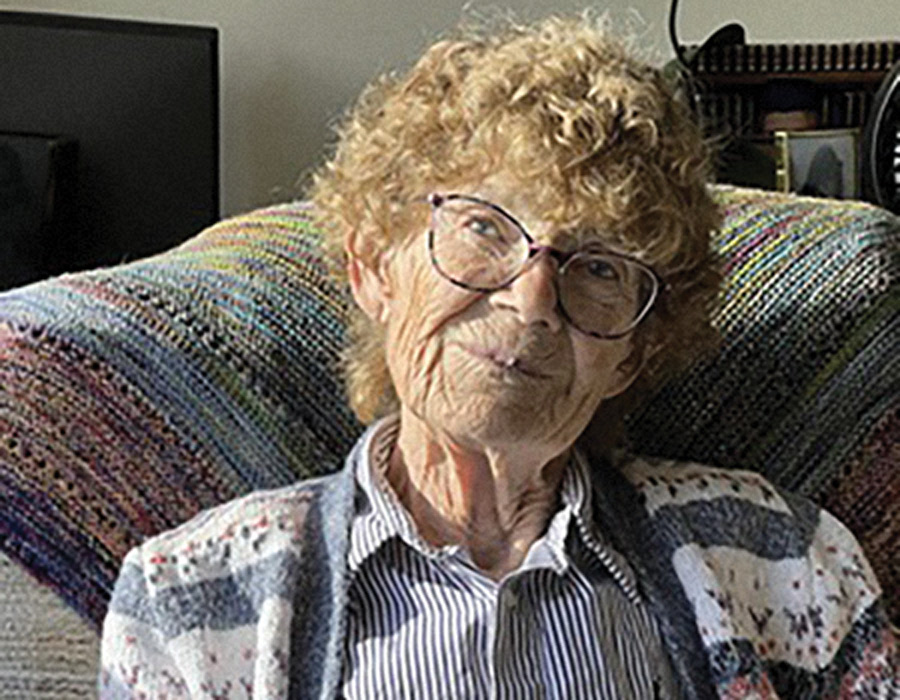
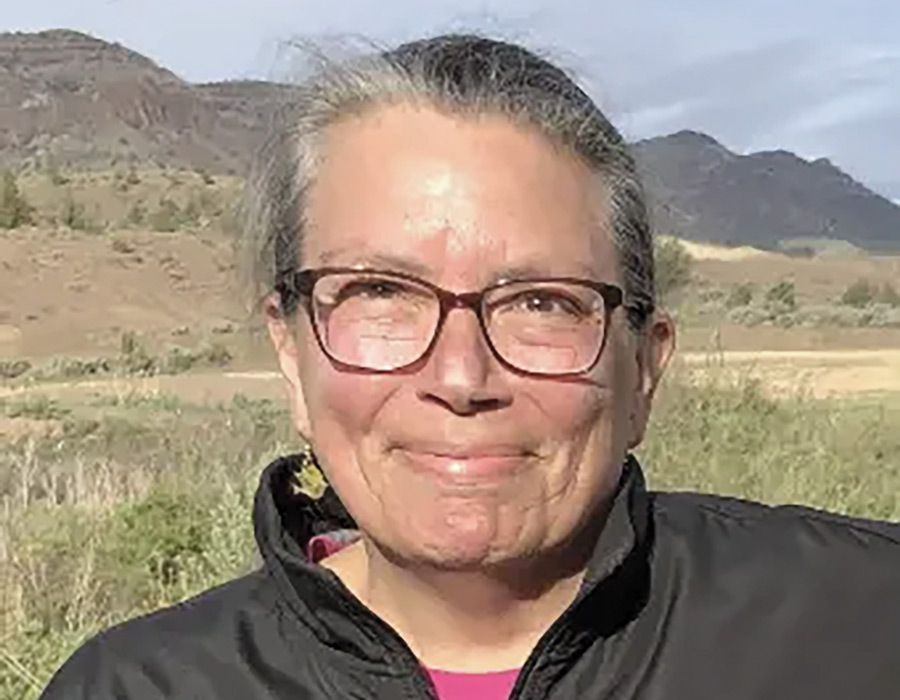
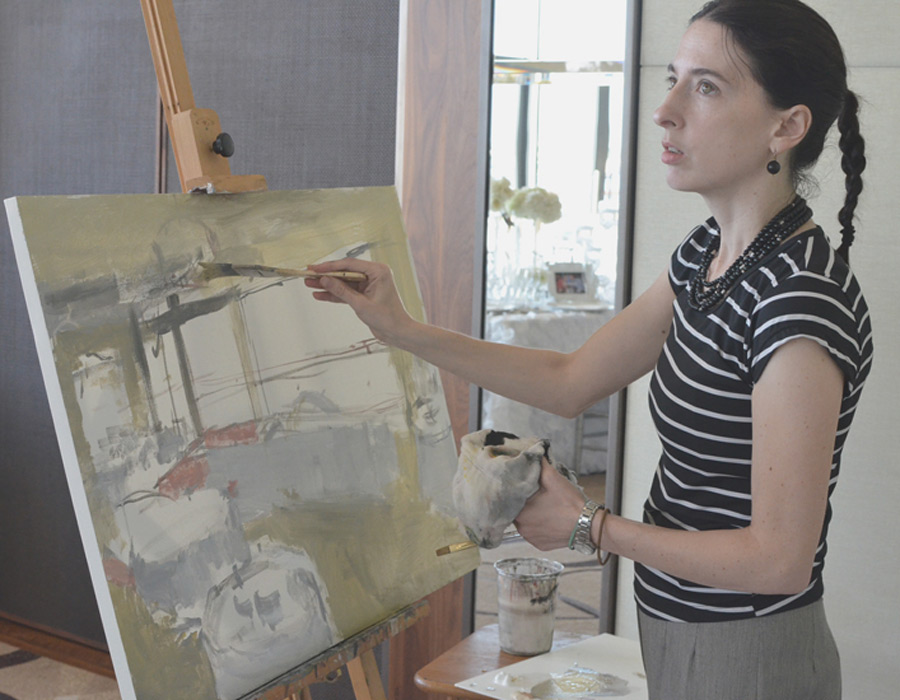
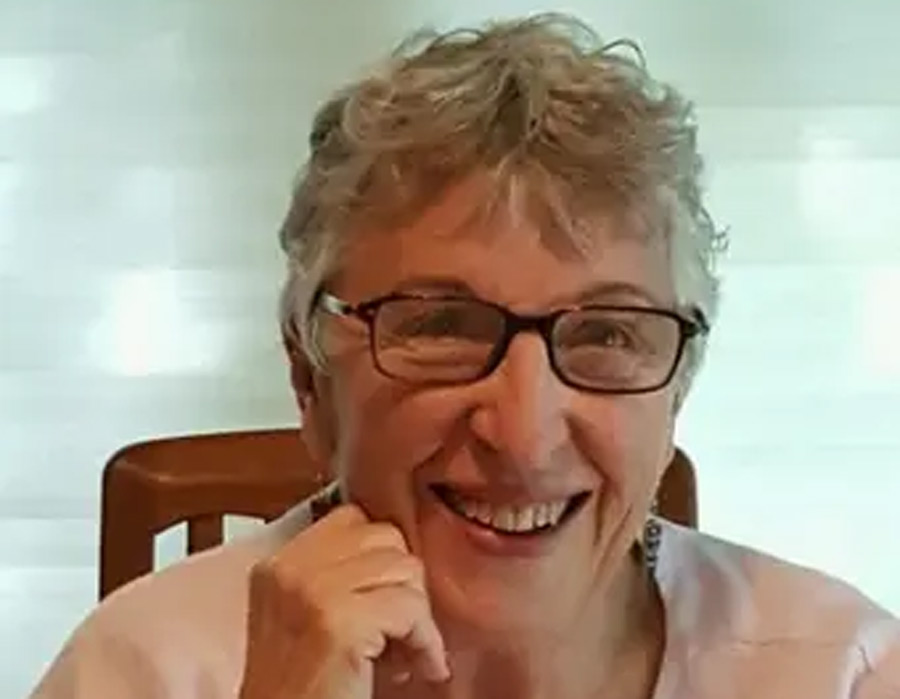

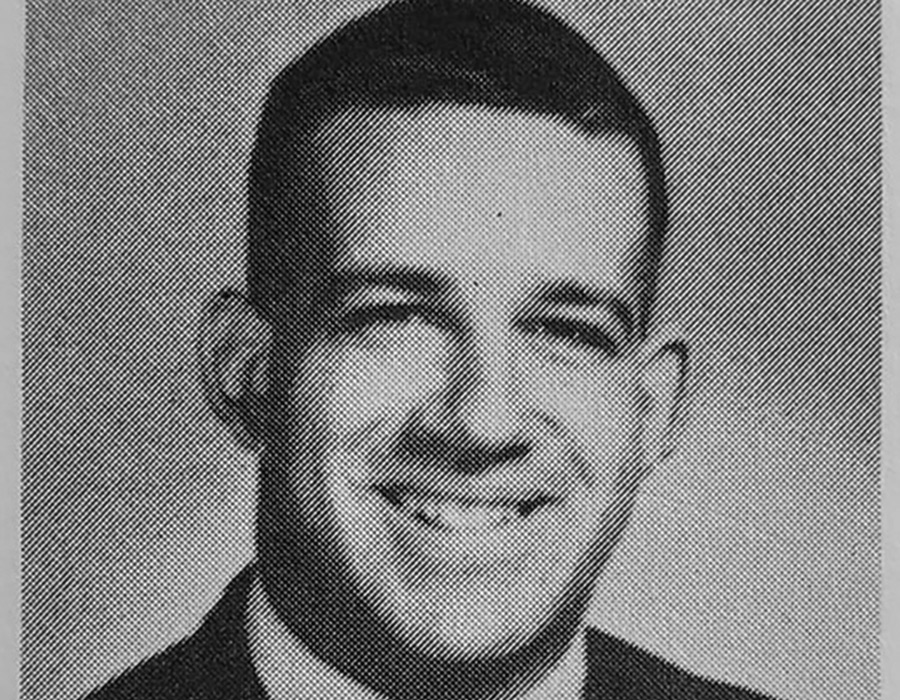
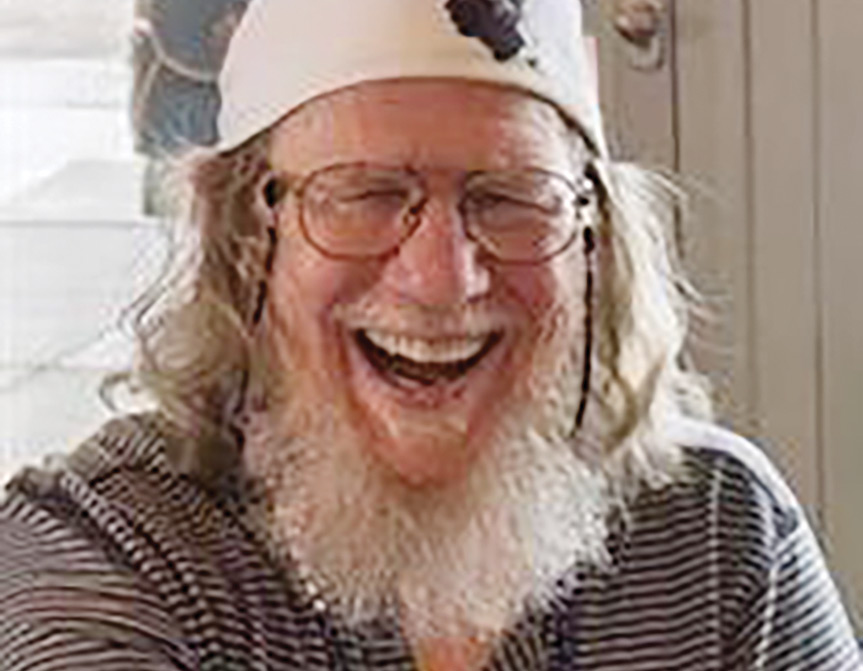
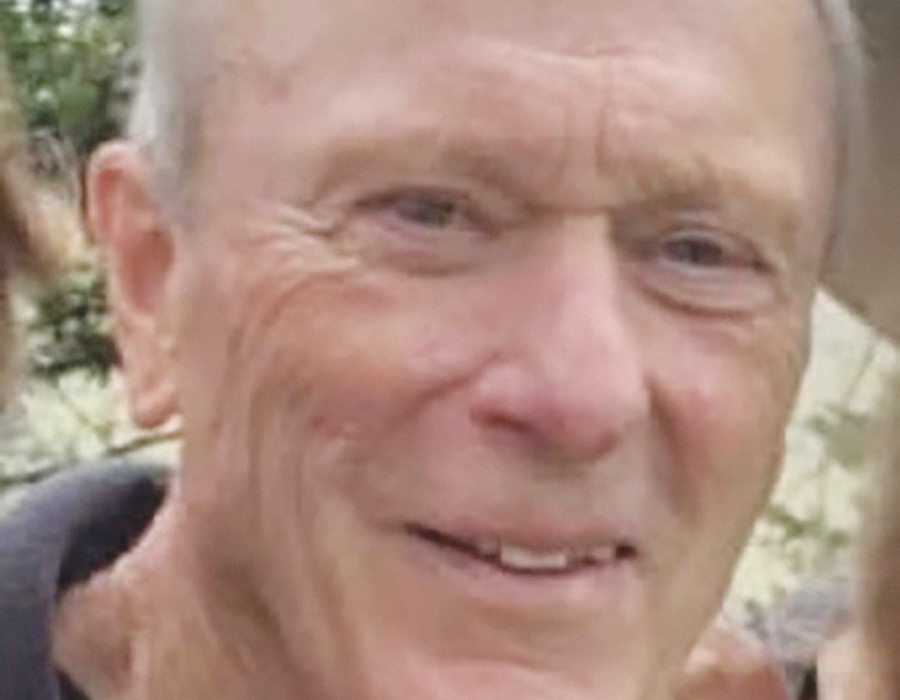
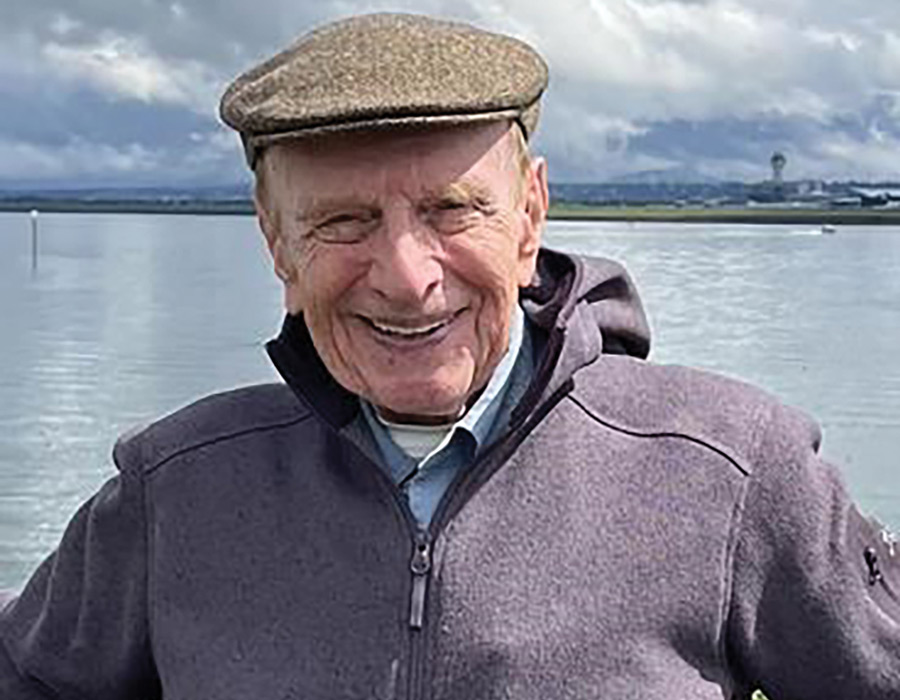
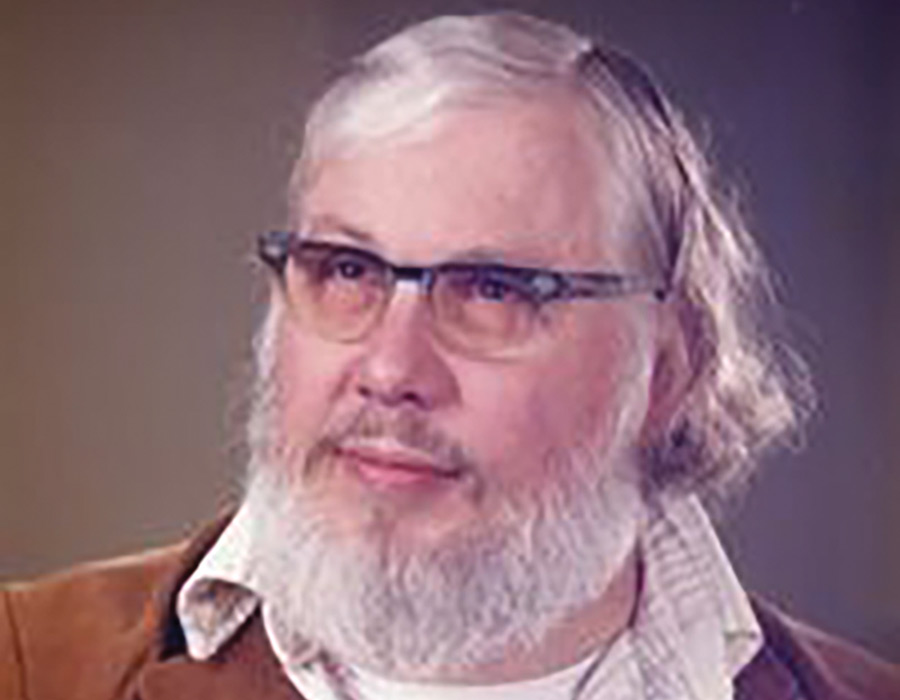
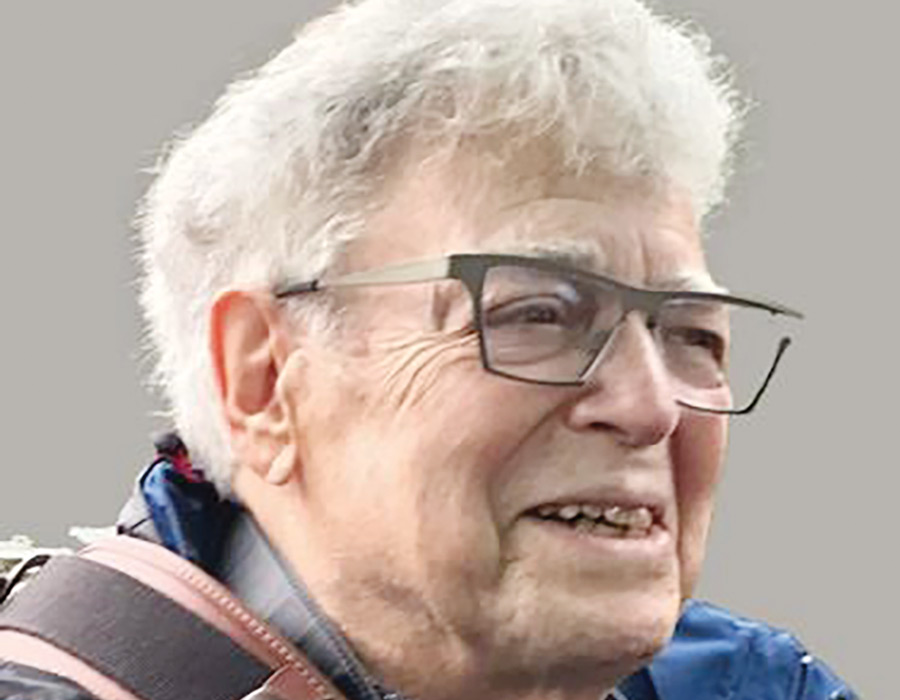
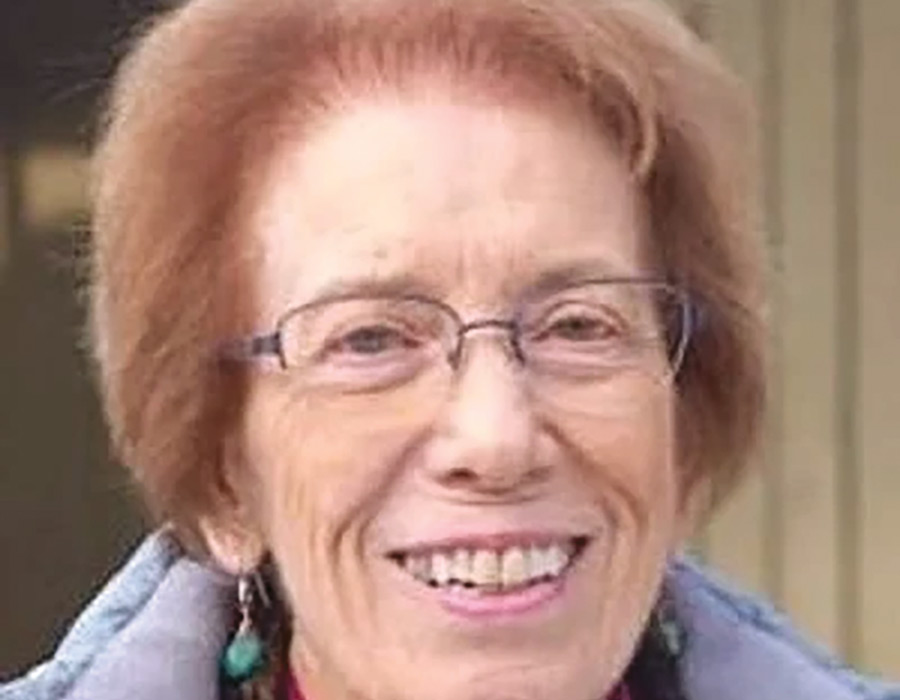
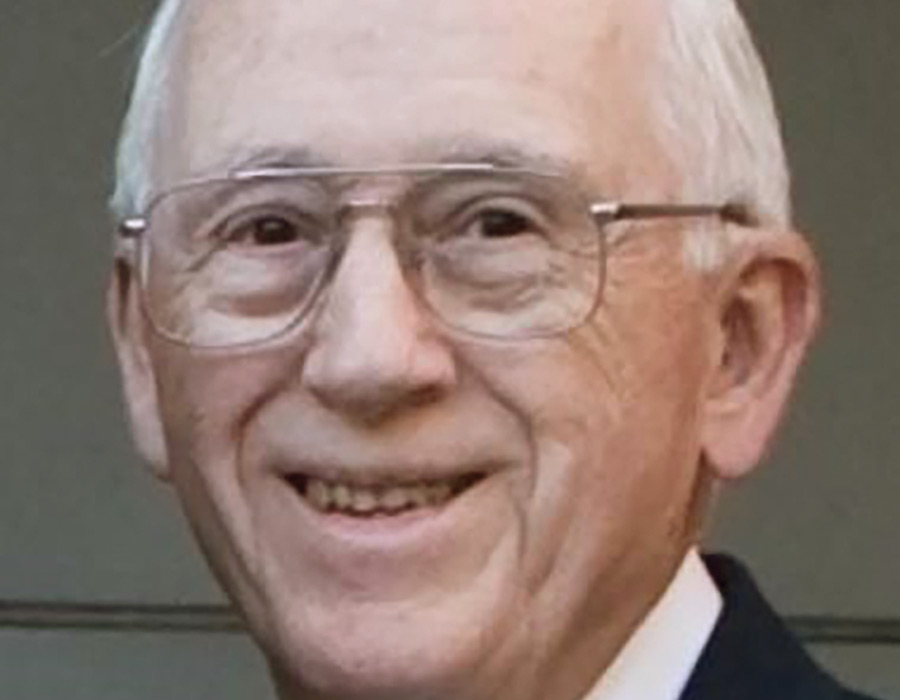
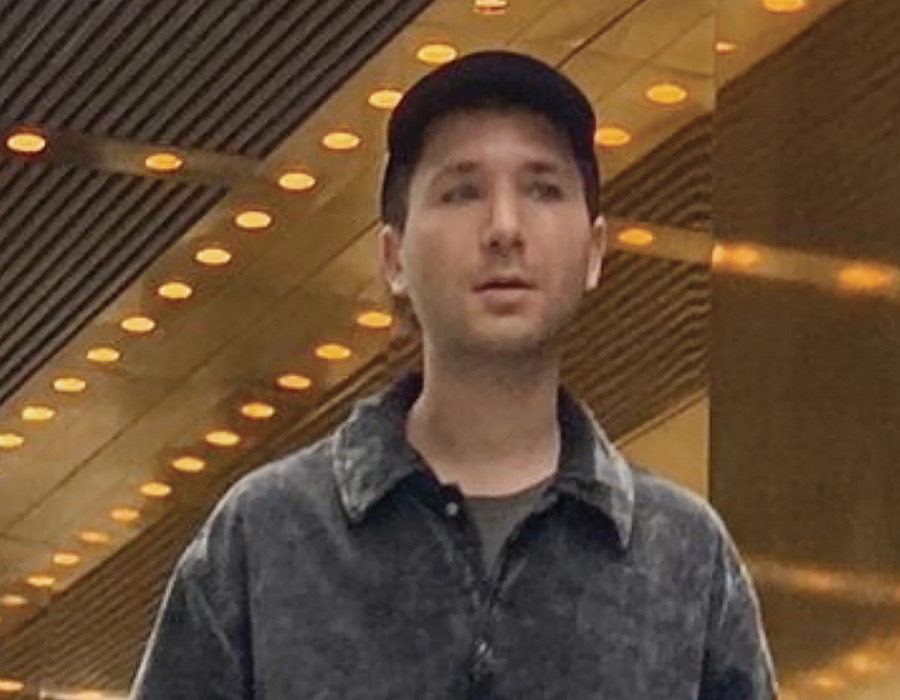
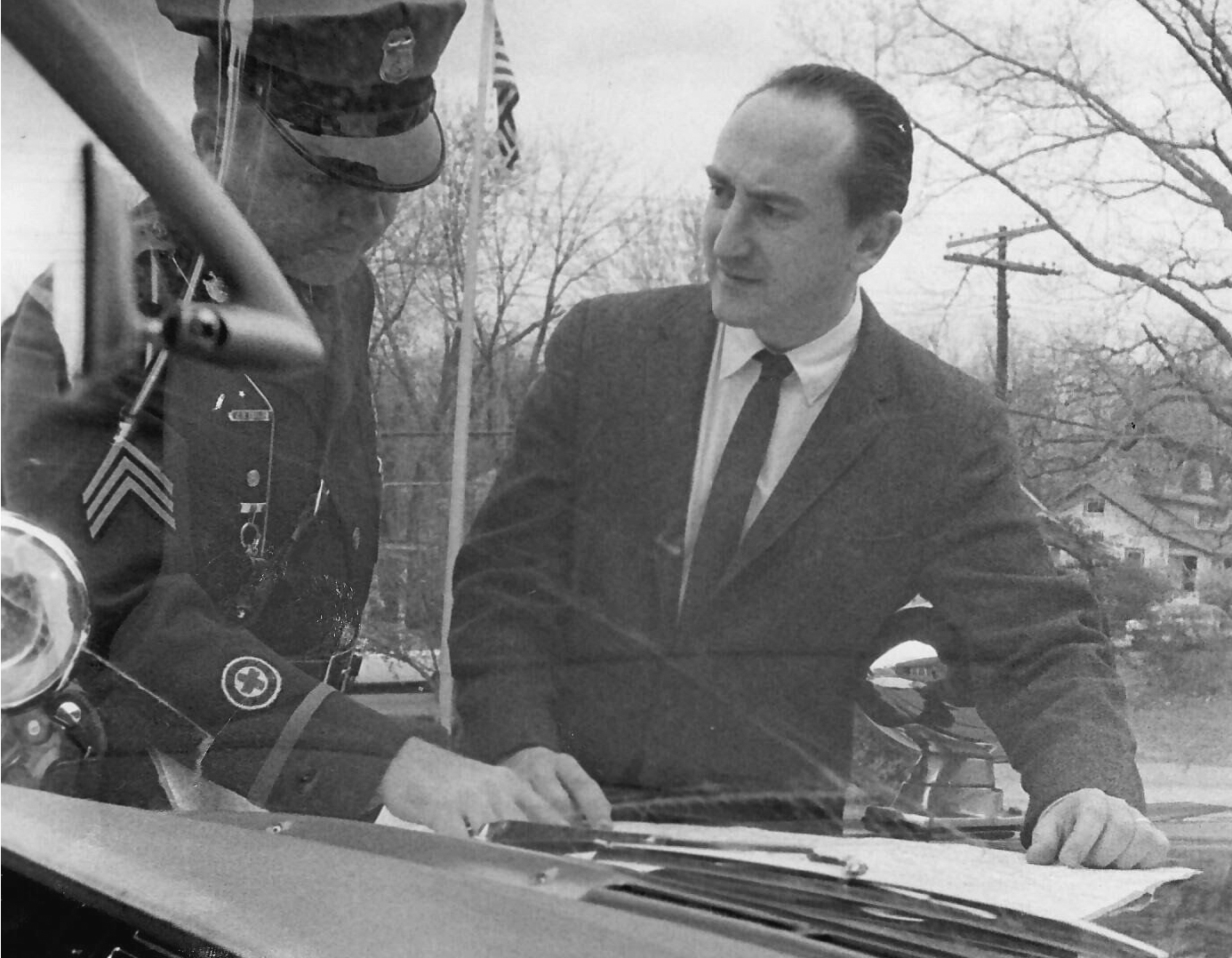
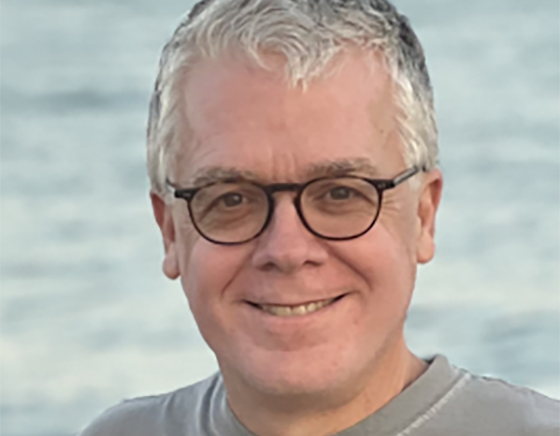
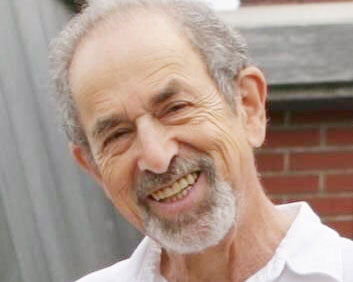
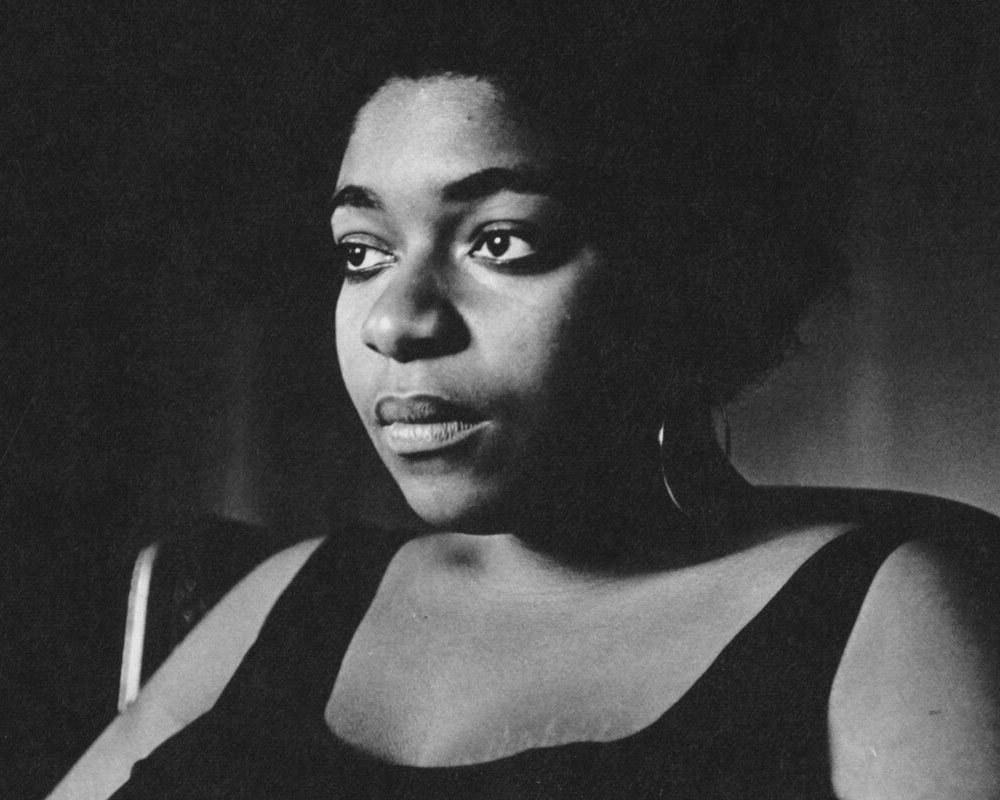


![Photo of Prof. Marvin Levich [philosophy 1953–94]](https://www.reed.edu/reed-magazine/in-memoriam/assets/images/2022/LTL-levich1.jpg)
![Photo of President Paul E. Bragdon [1971–88]](https://www.reed.edu/reed-magazine/in-memoriam/assets/images/2020/Bragdon.jpg)
![Photo of Prof. Edward Barton Segel [history 1973–2011]](https://www.reed.edu/reed-magazine/in-memoriam/assets/images/2020/Segel.jpg)








































































